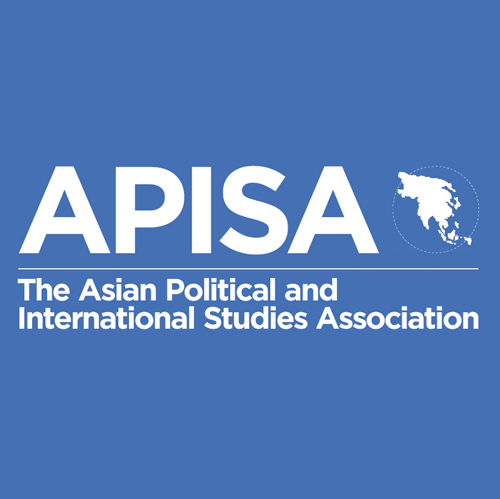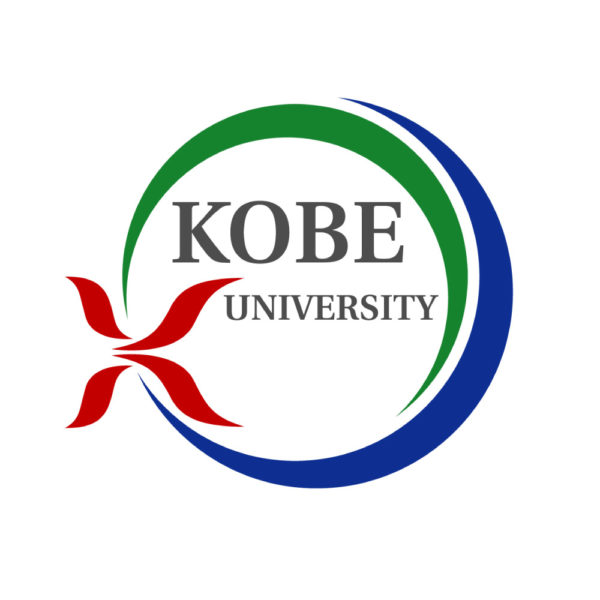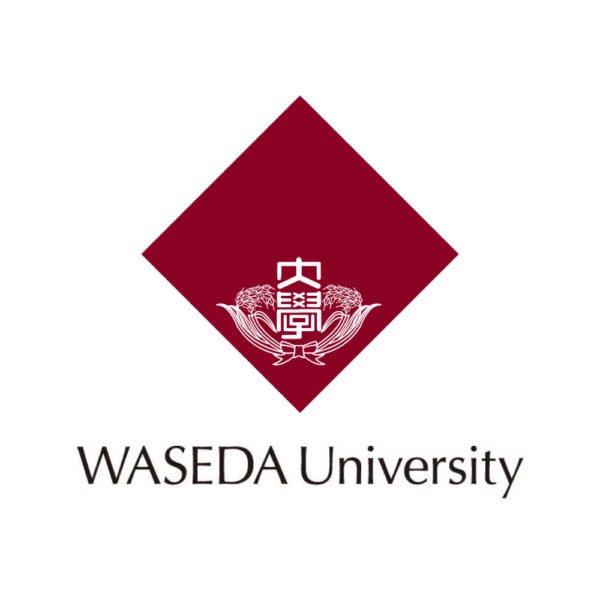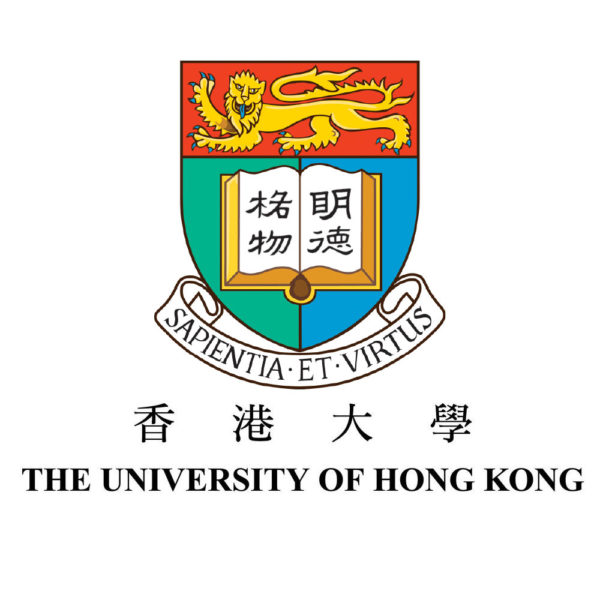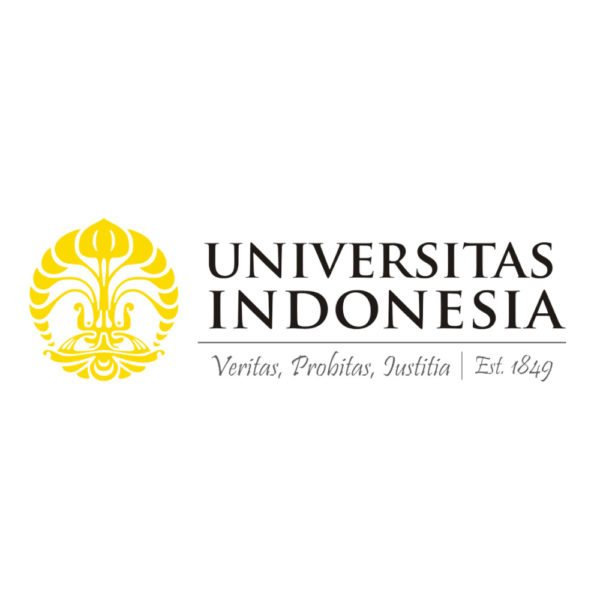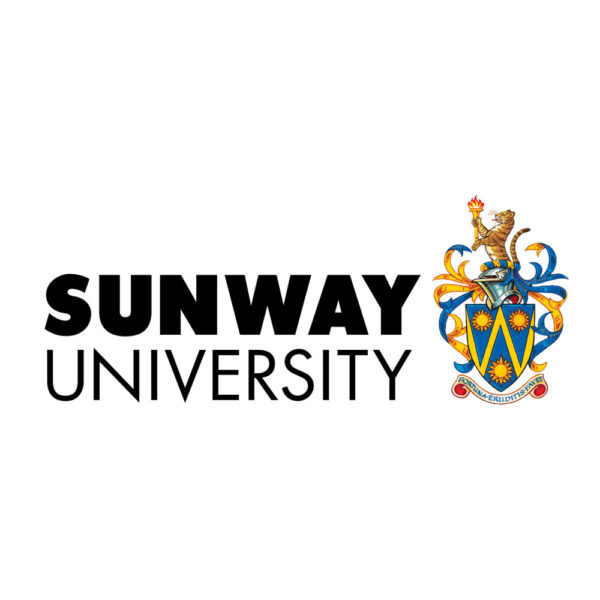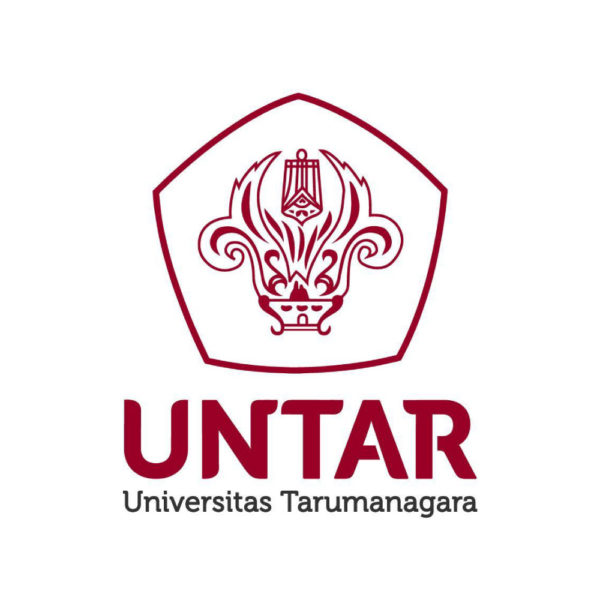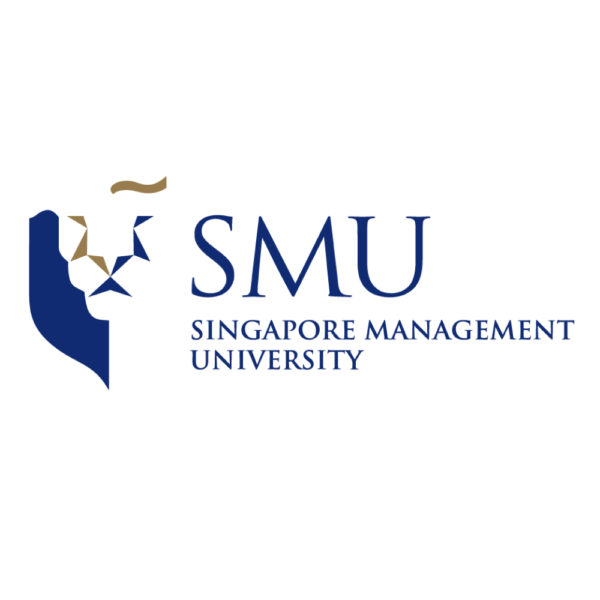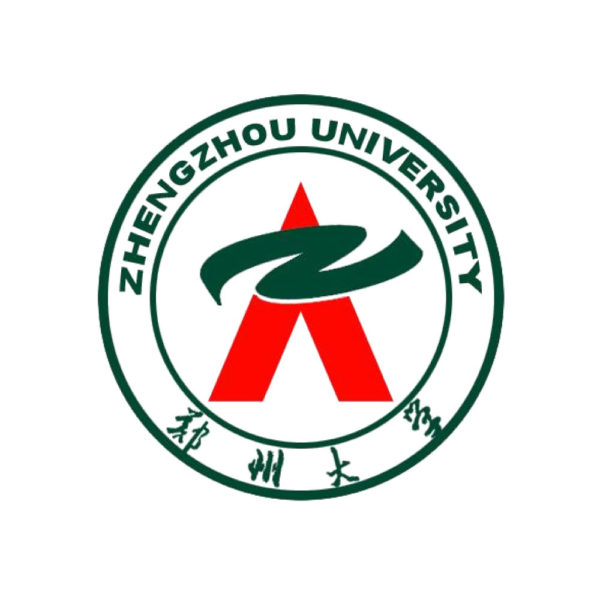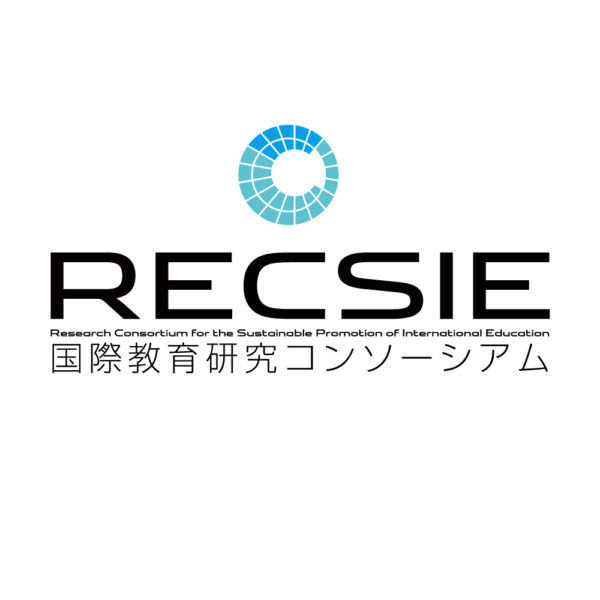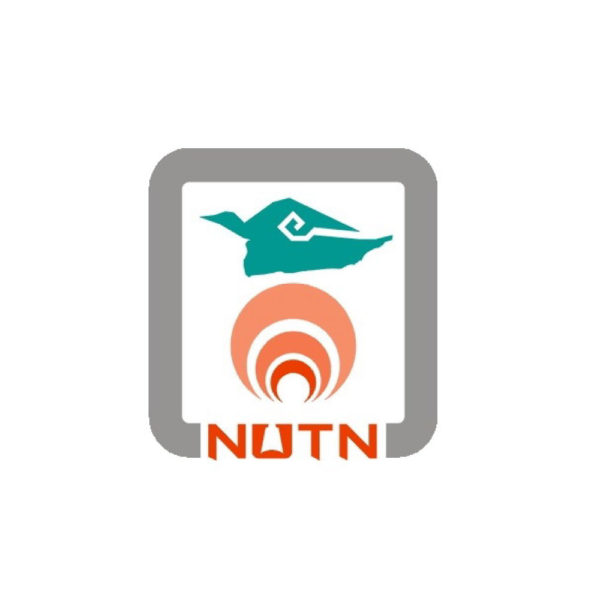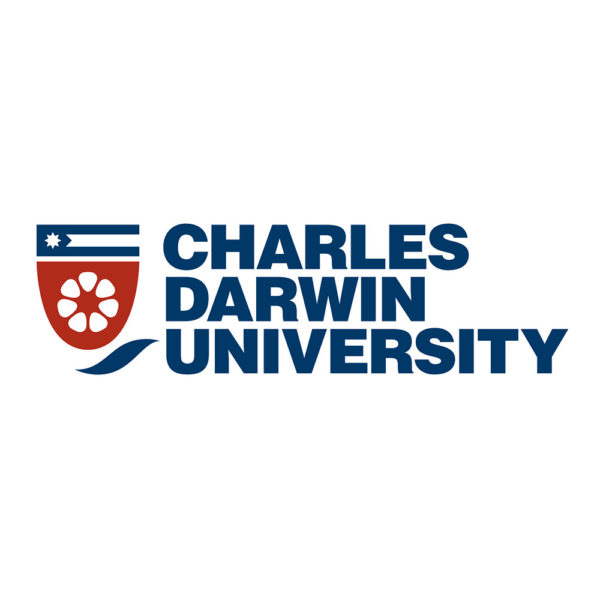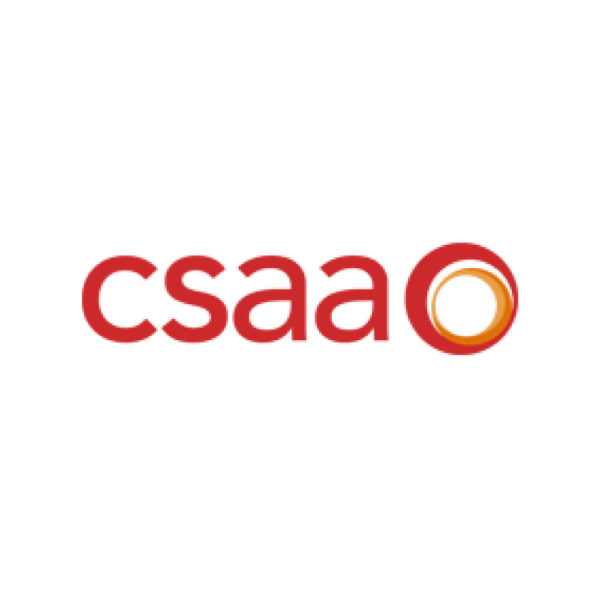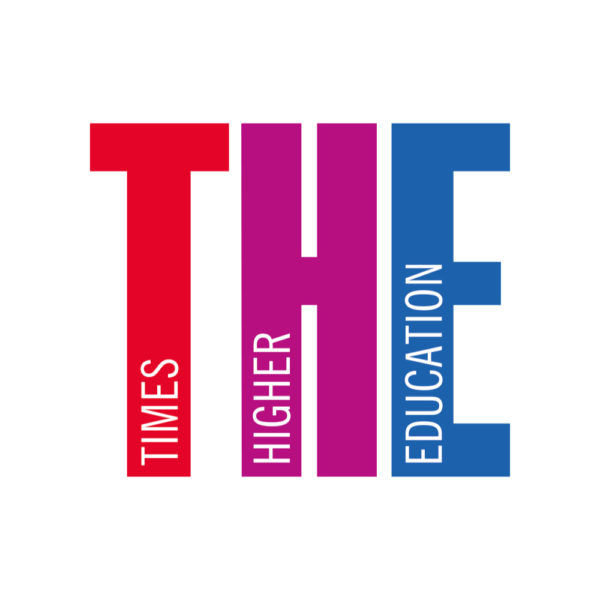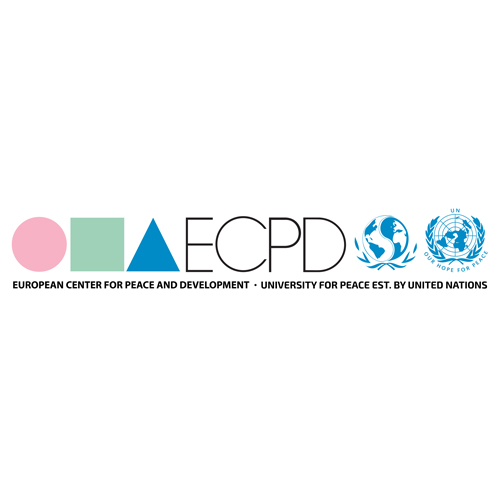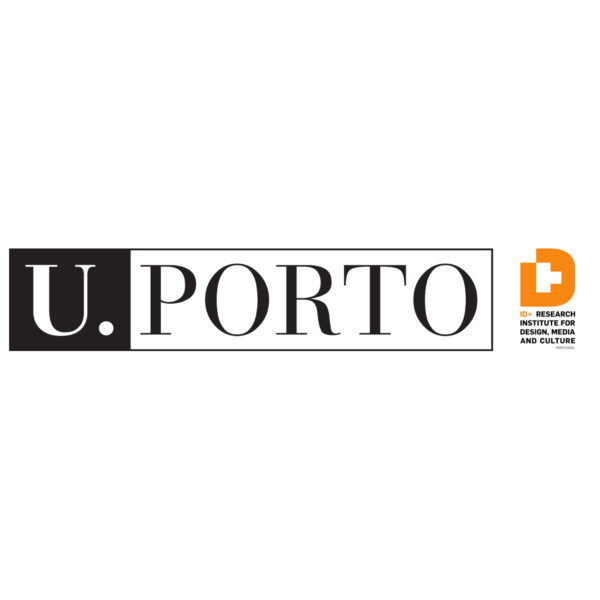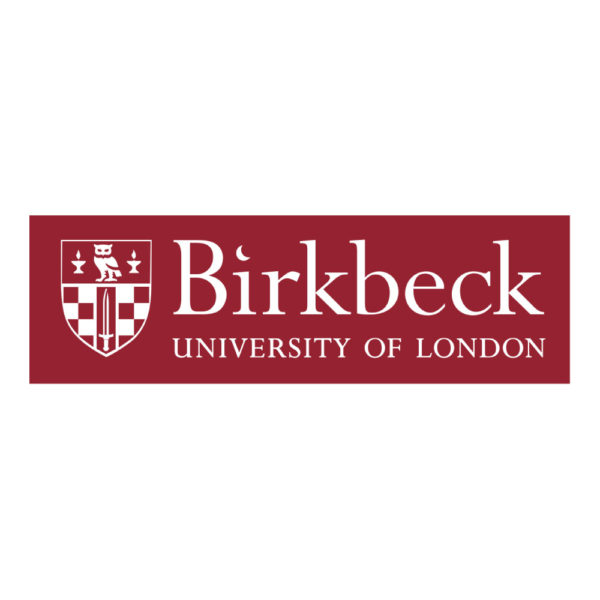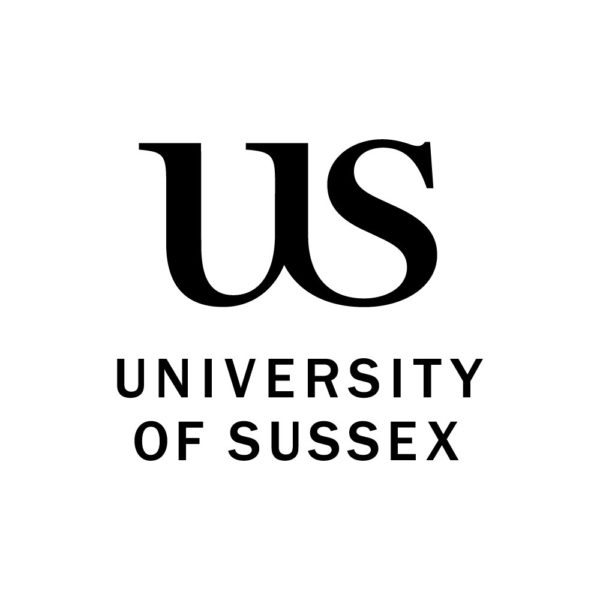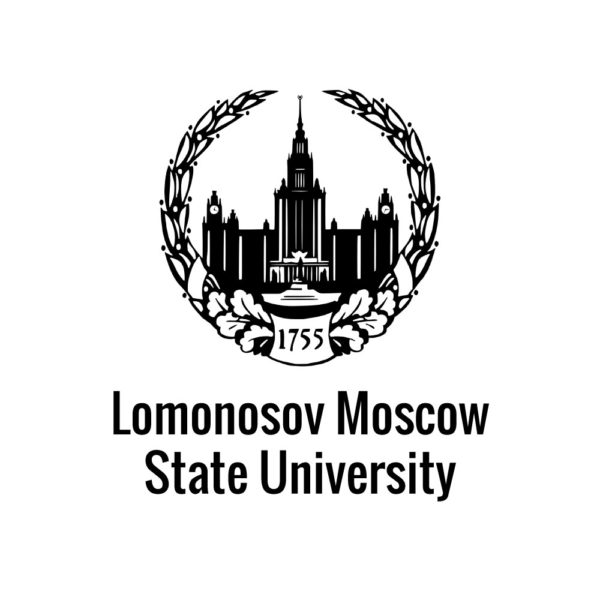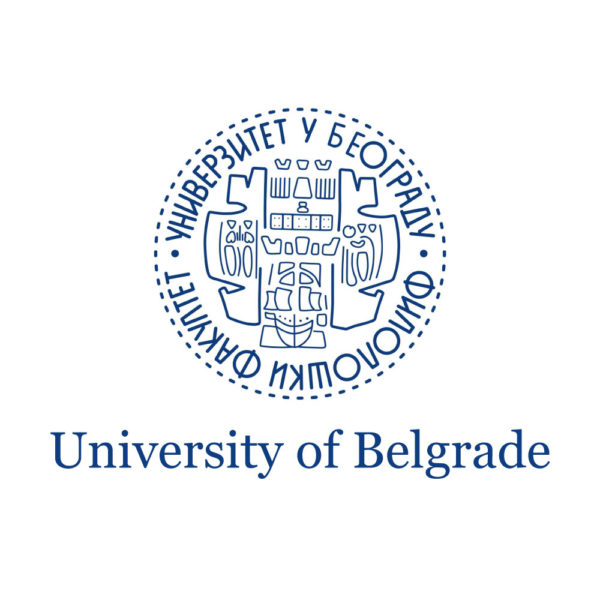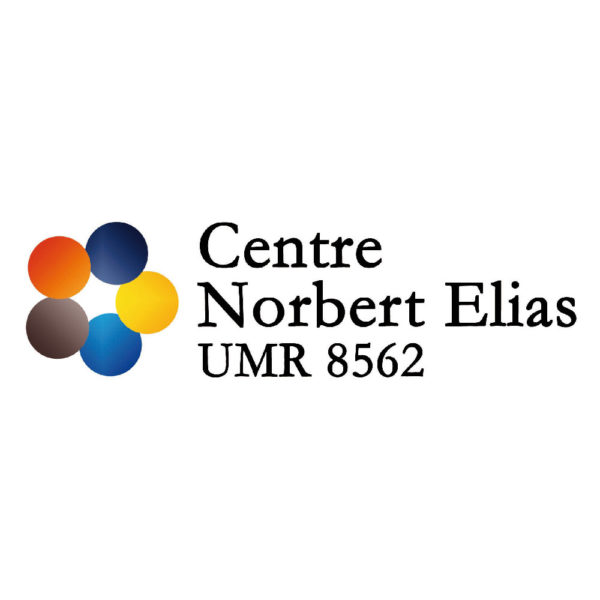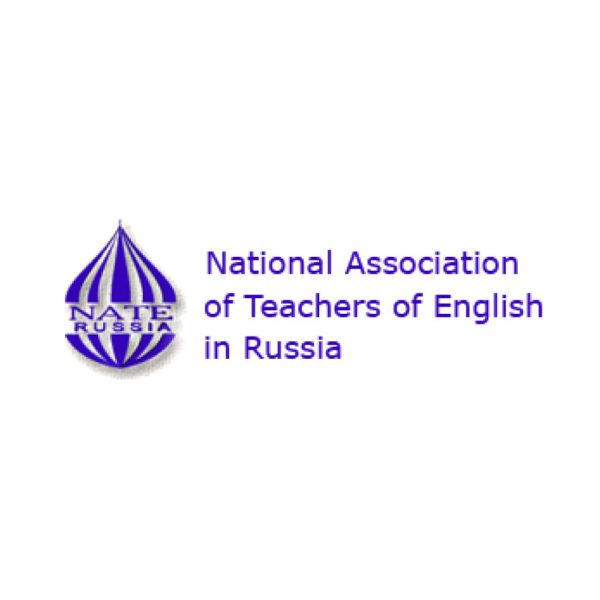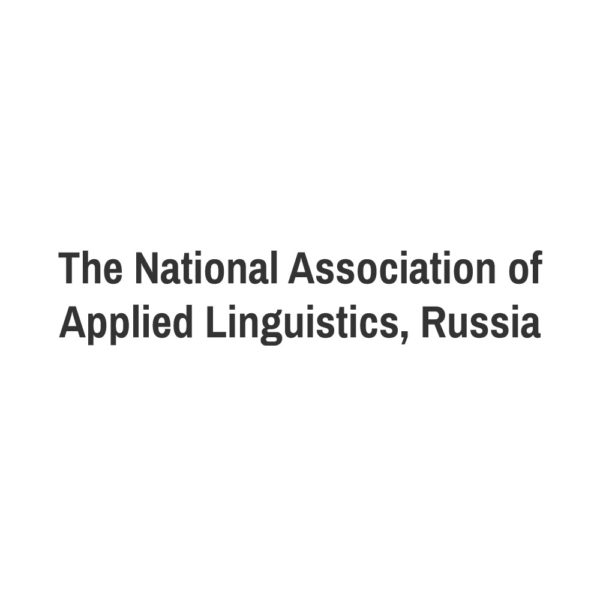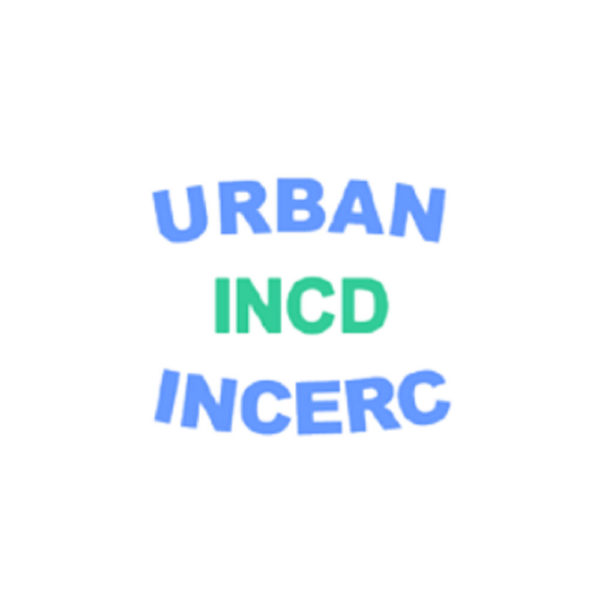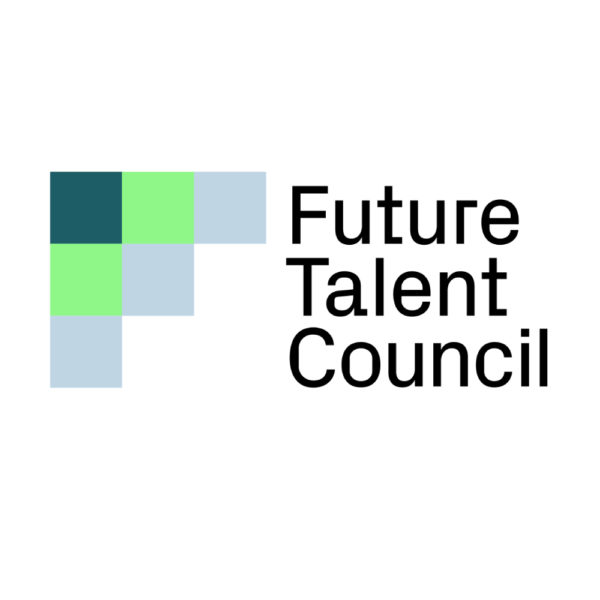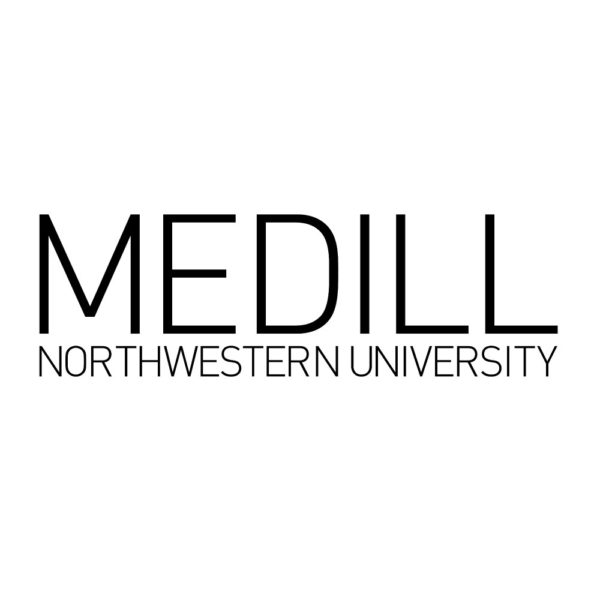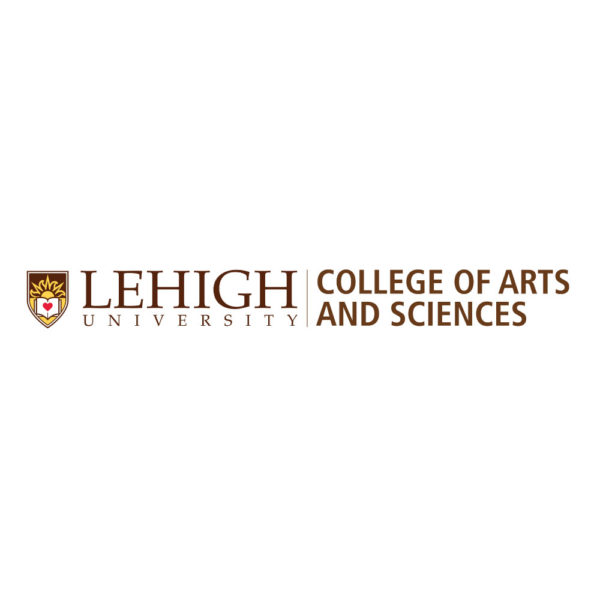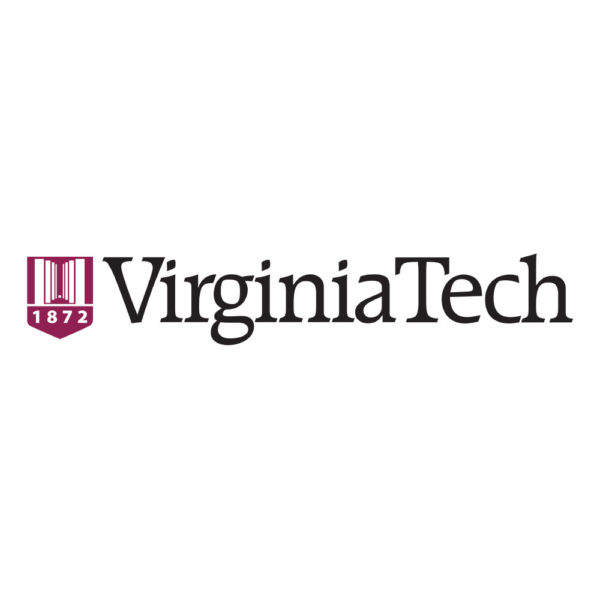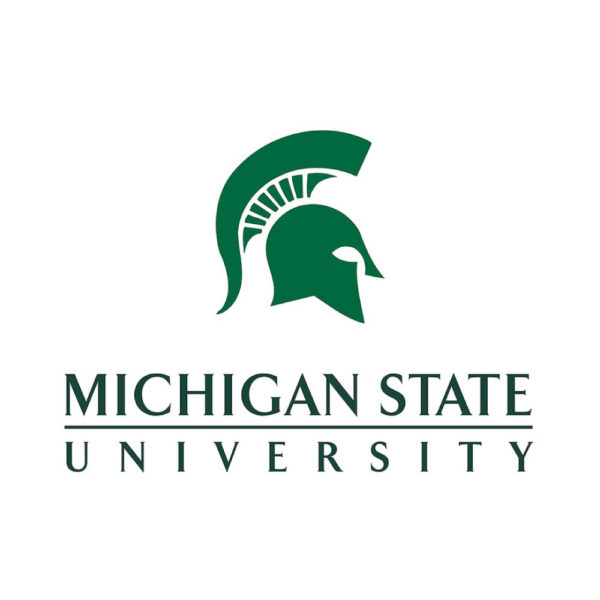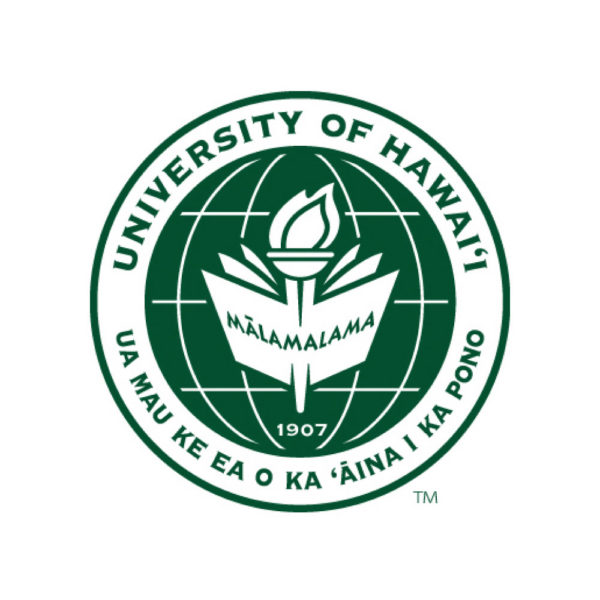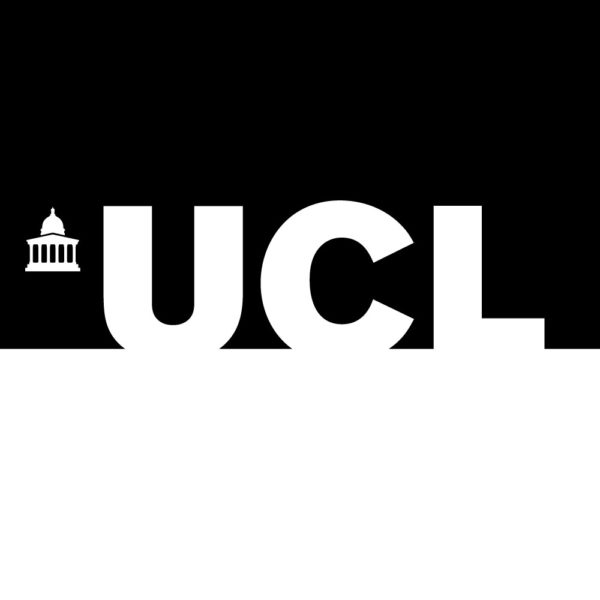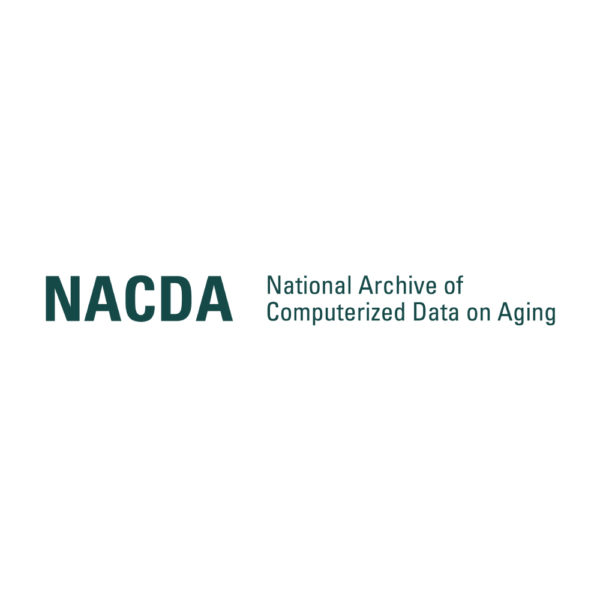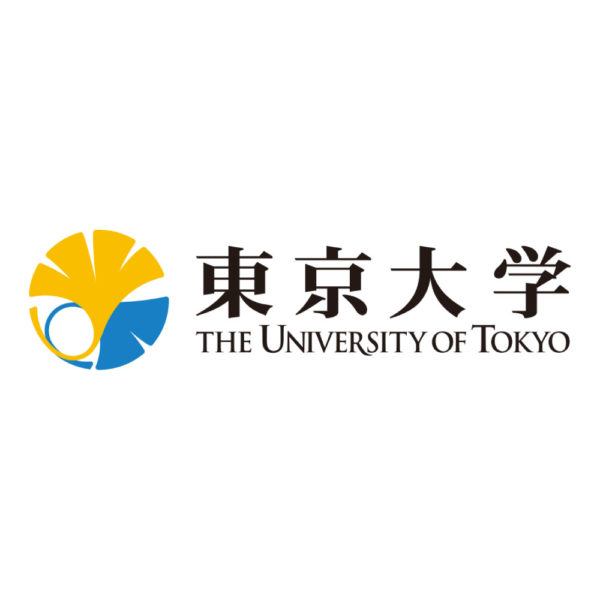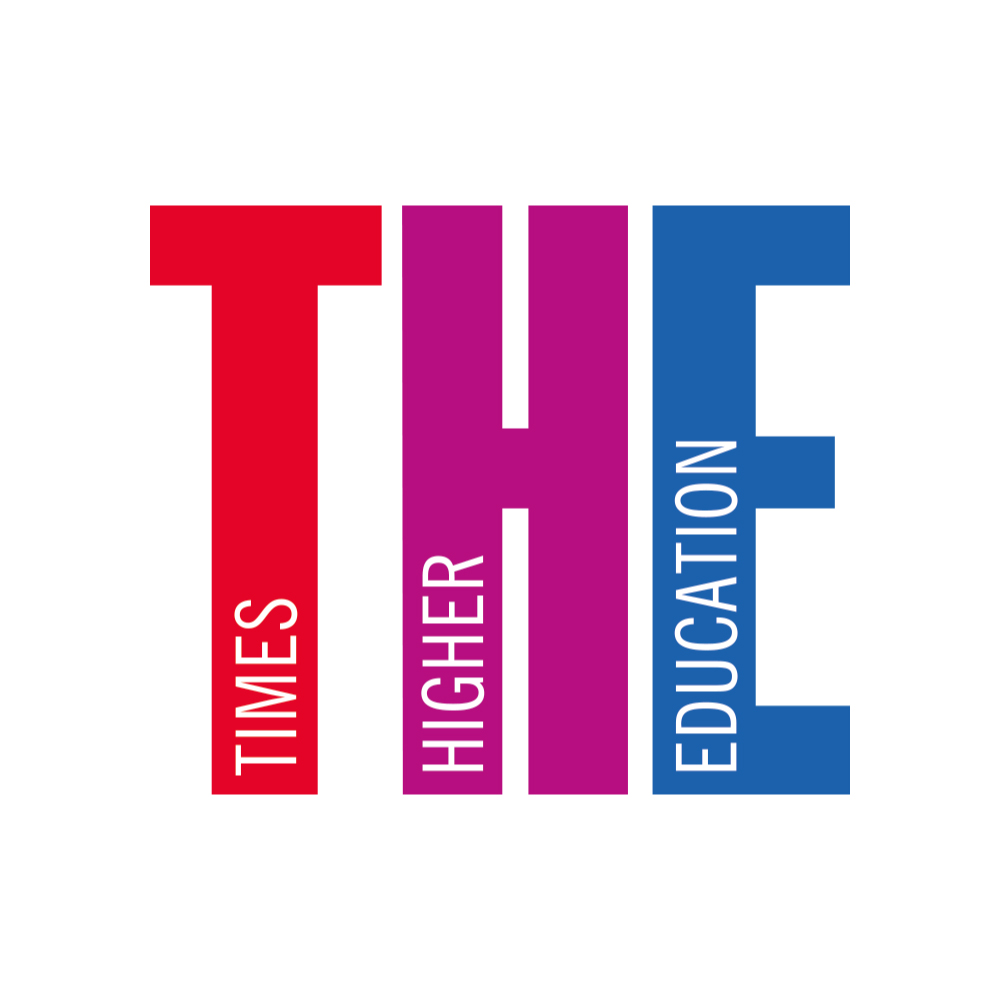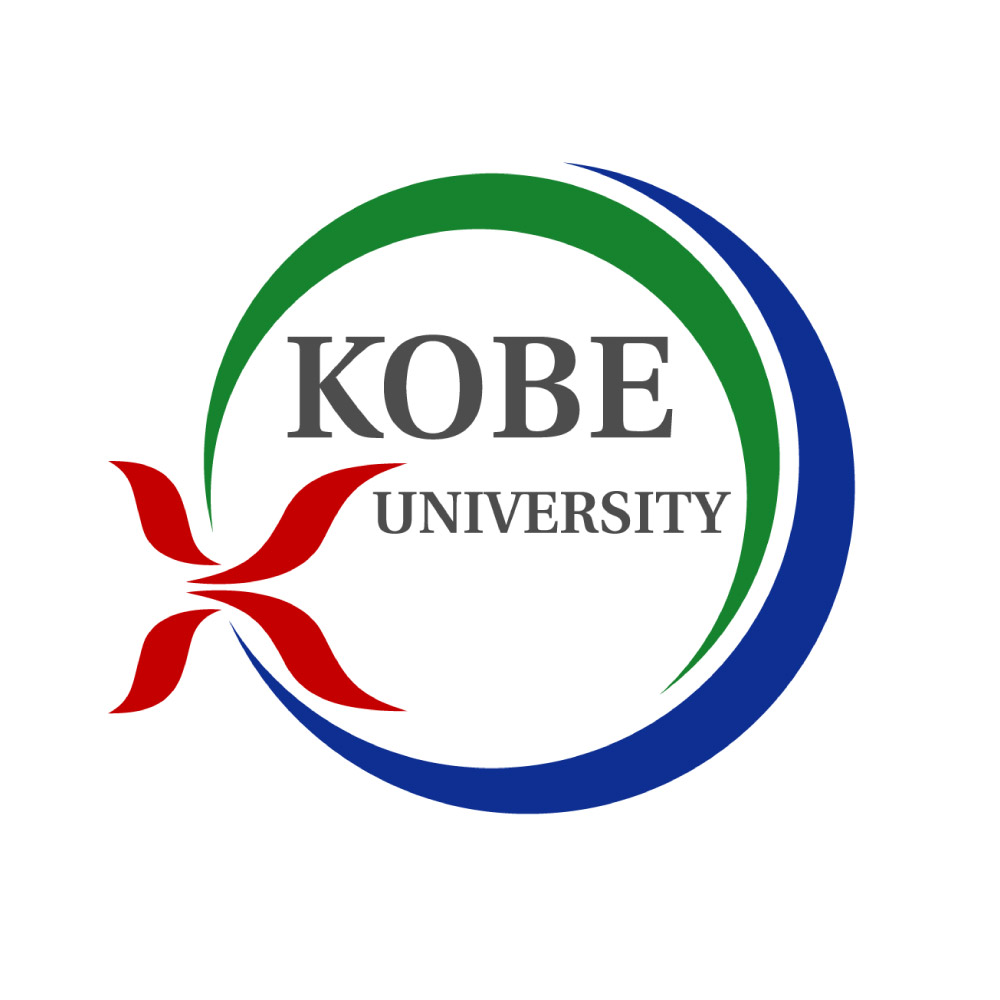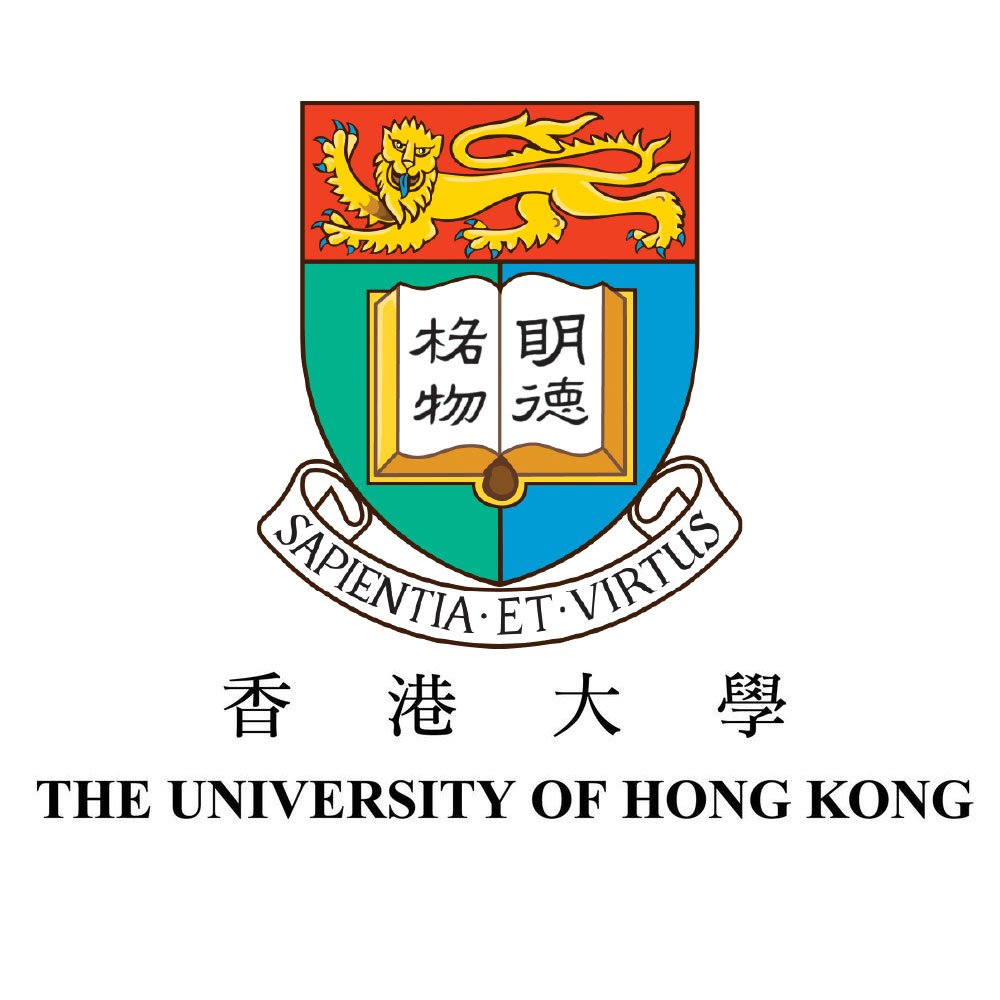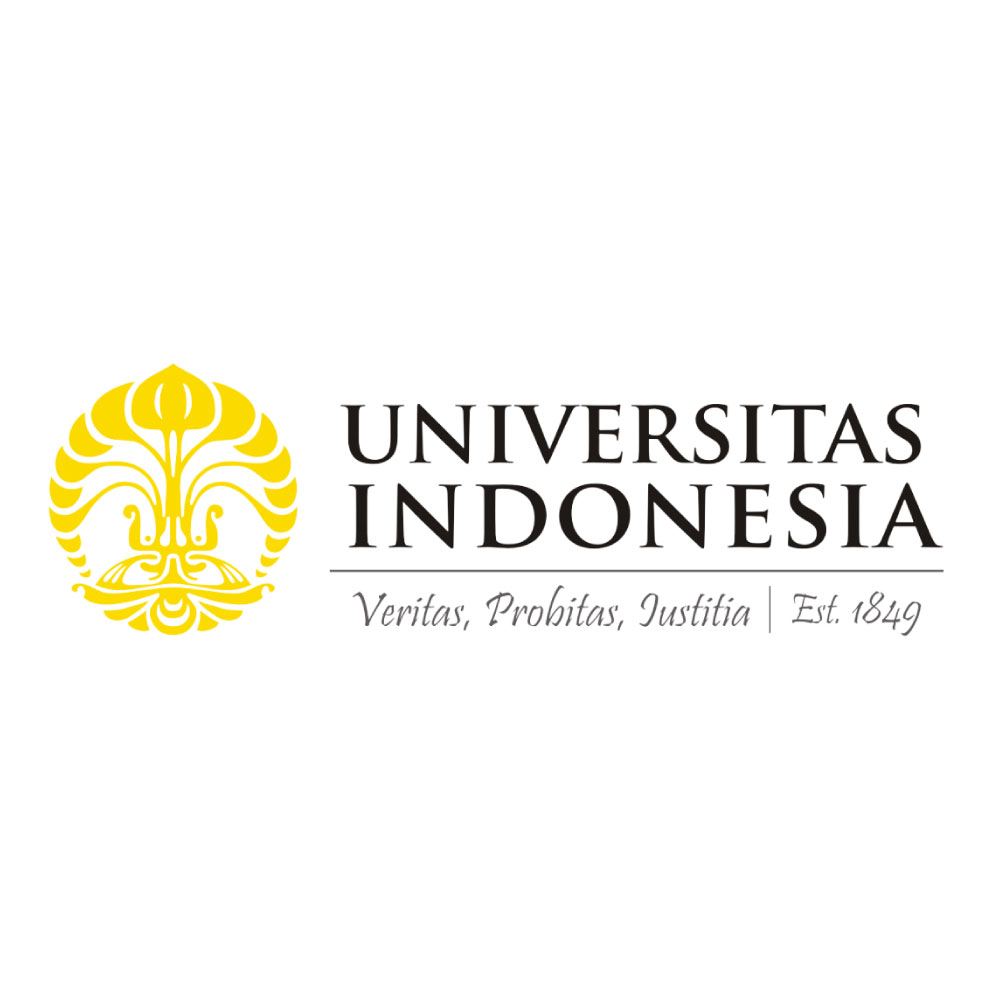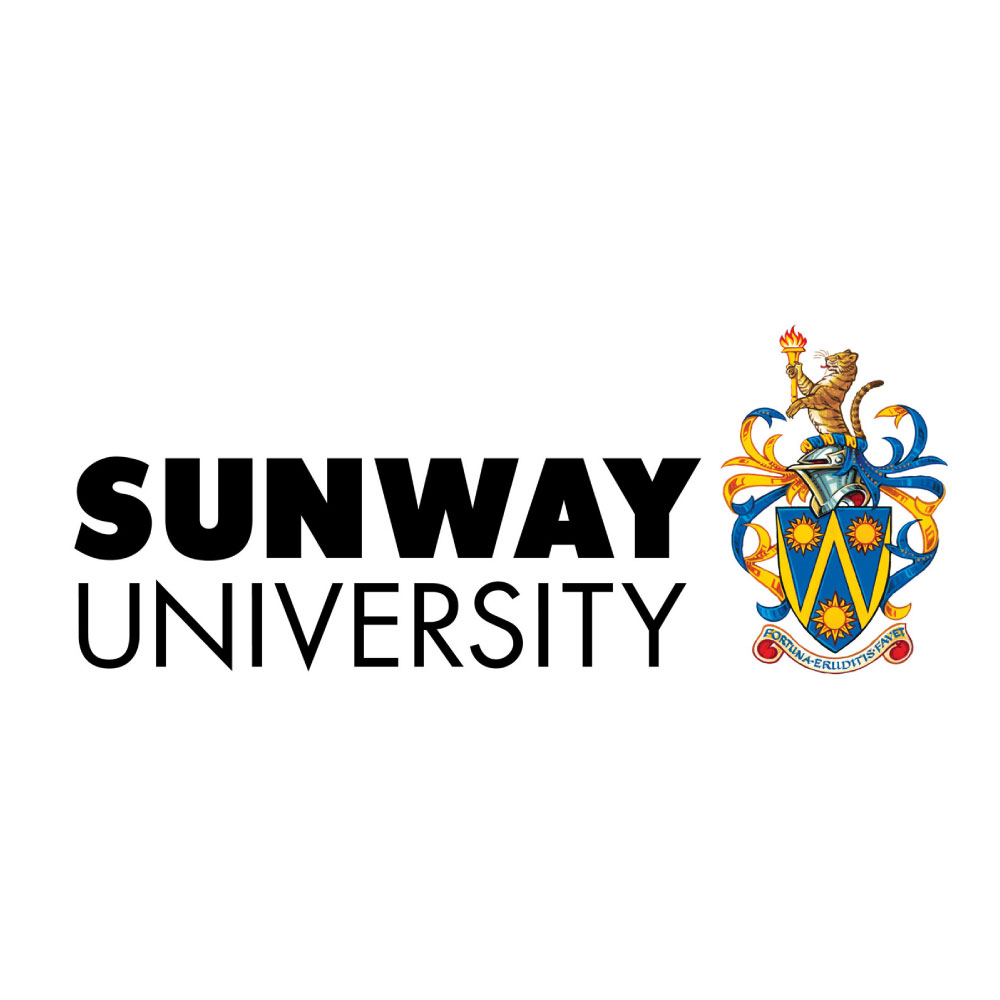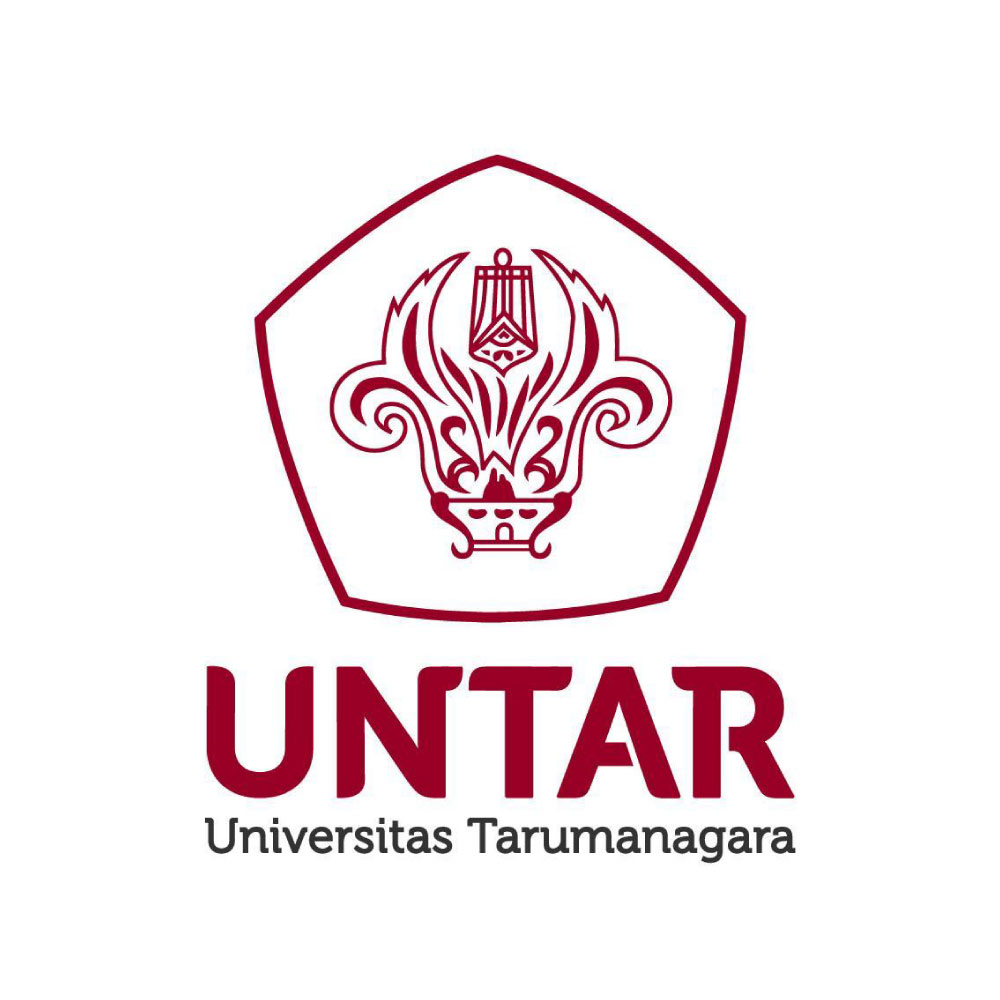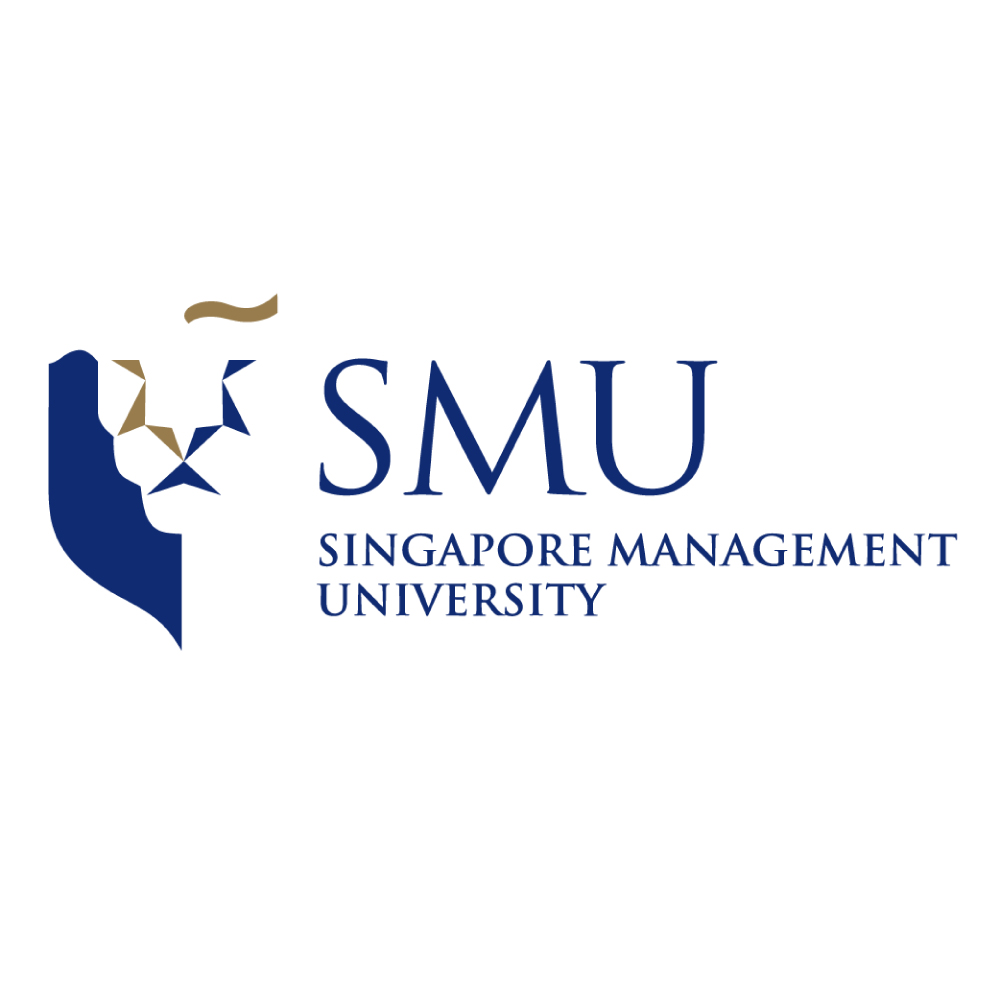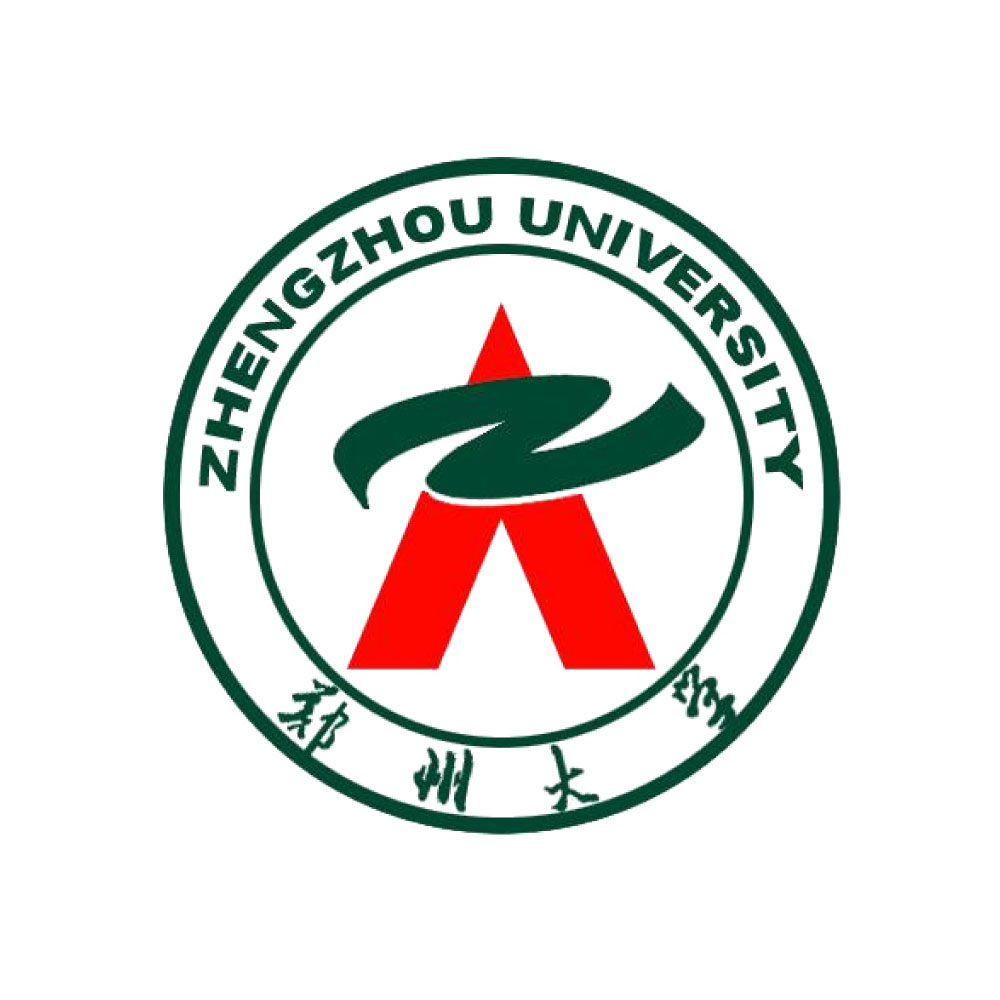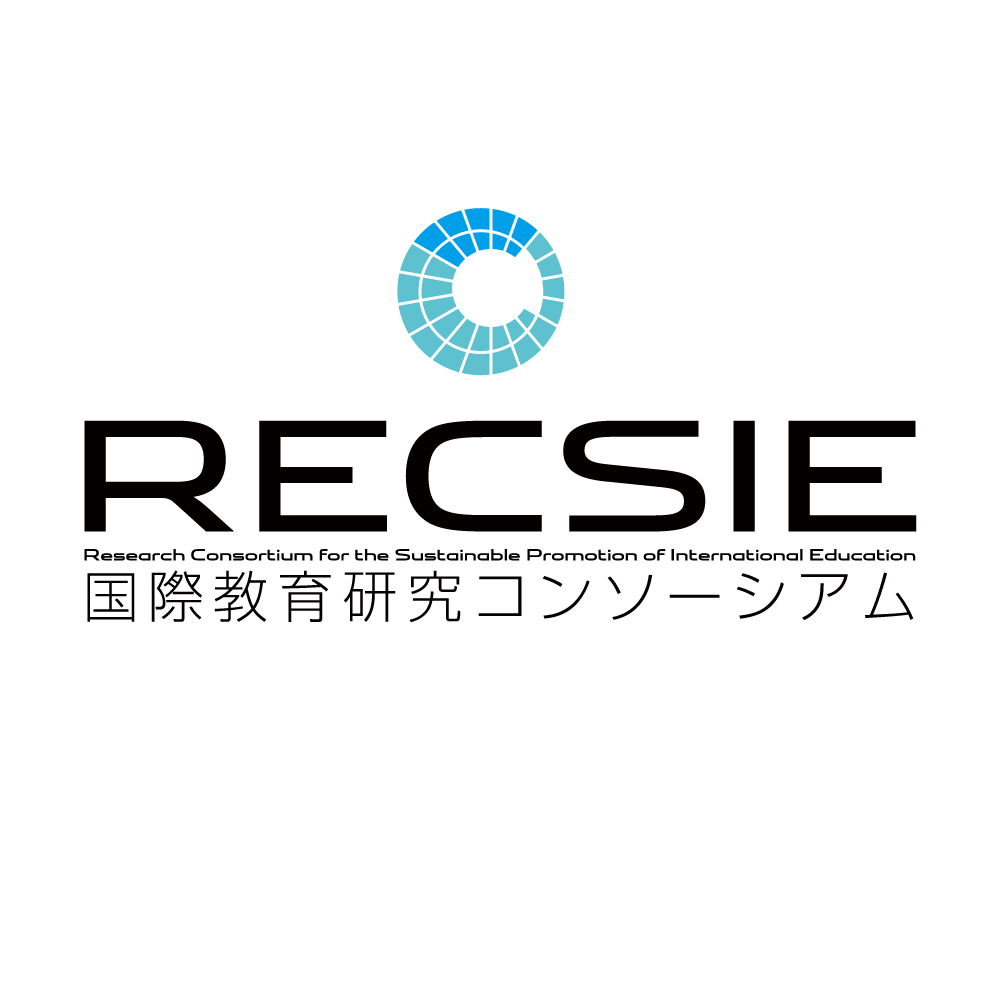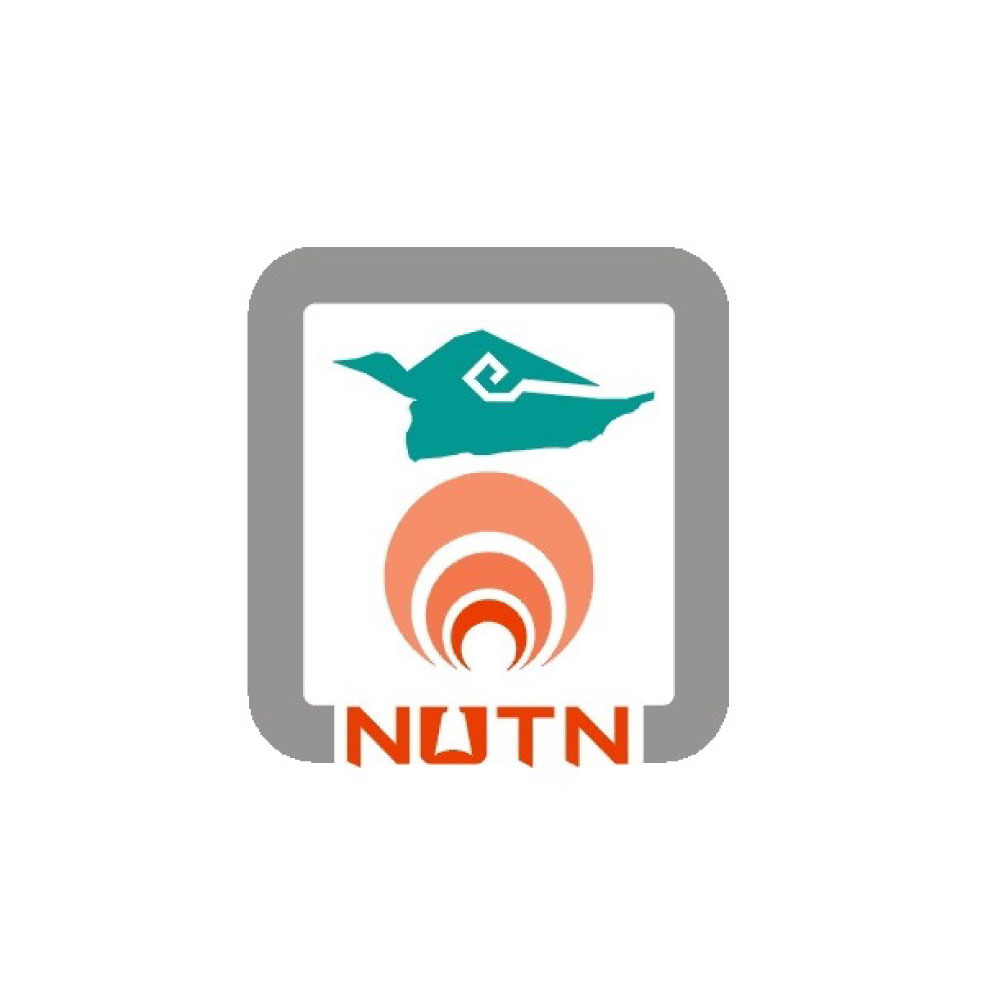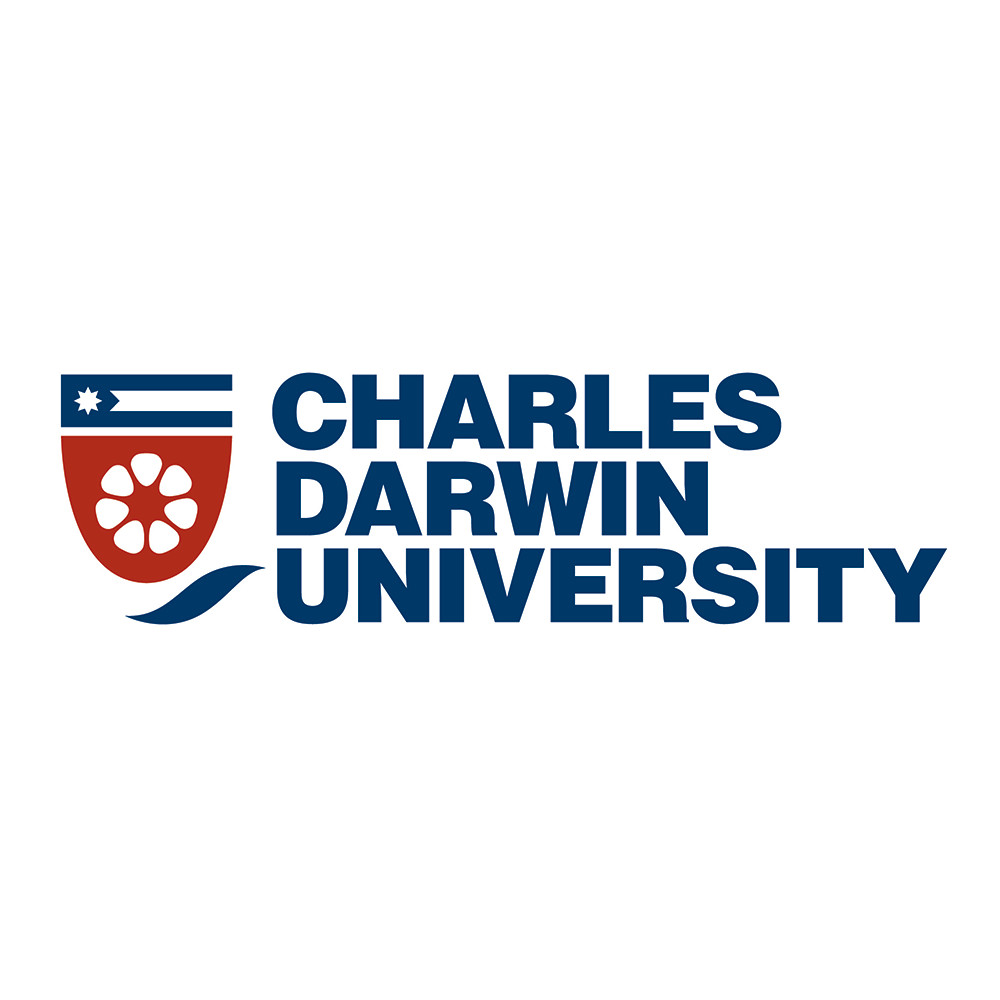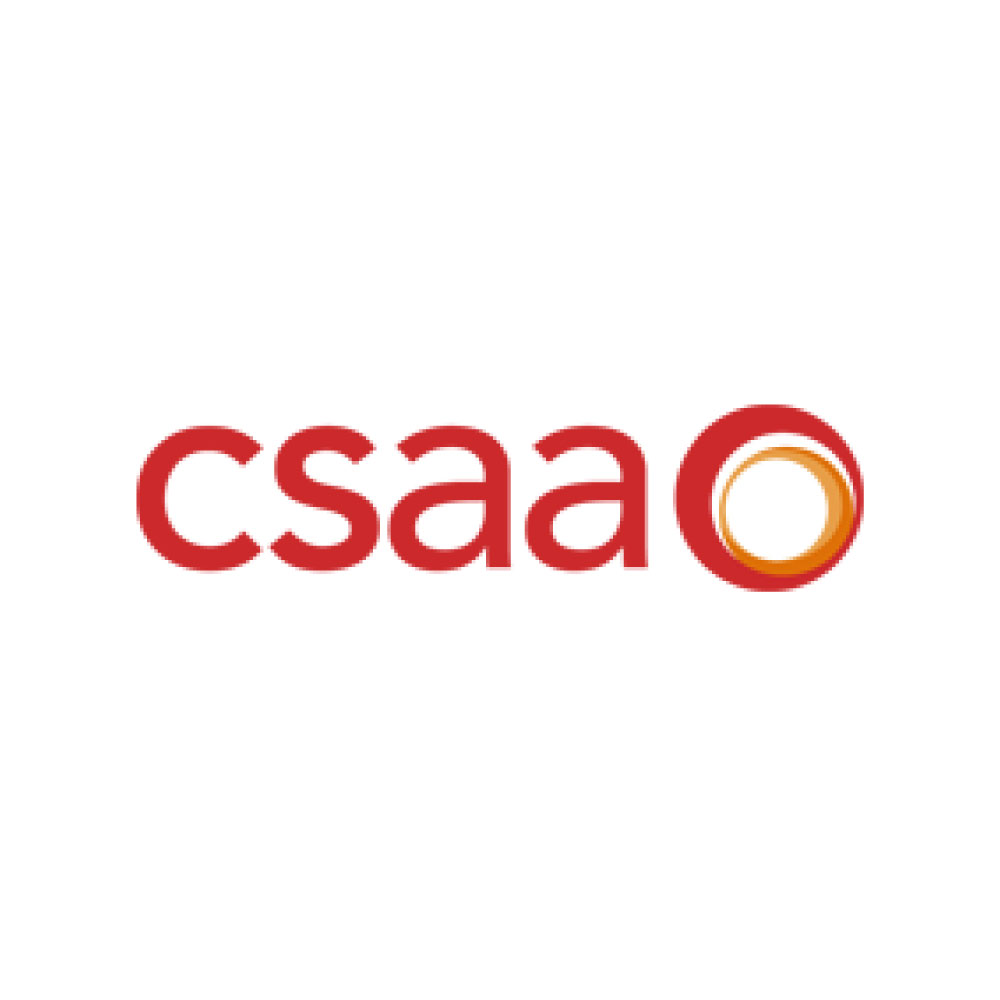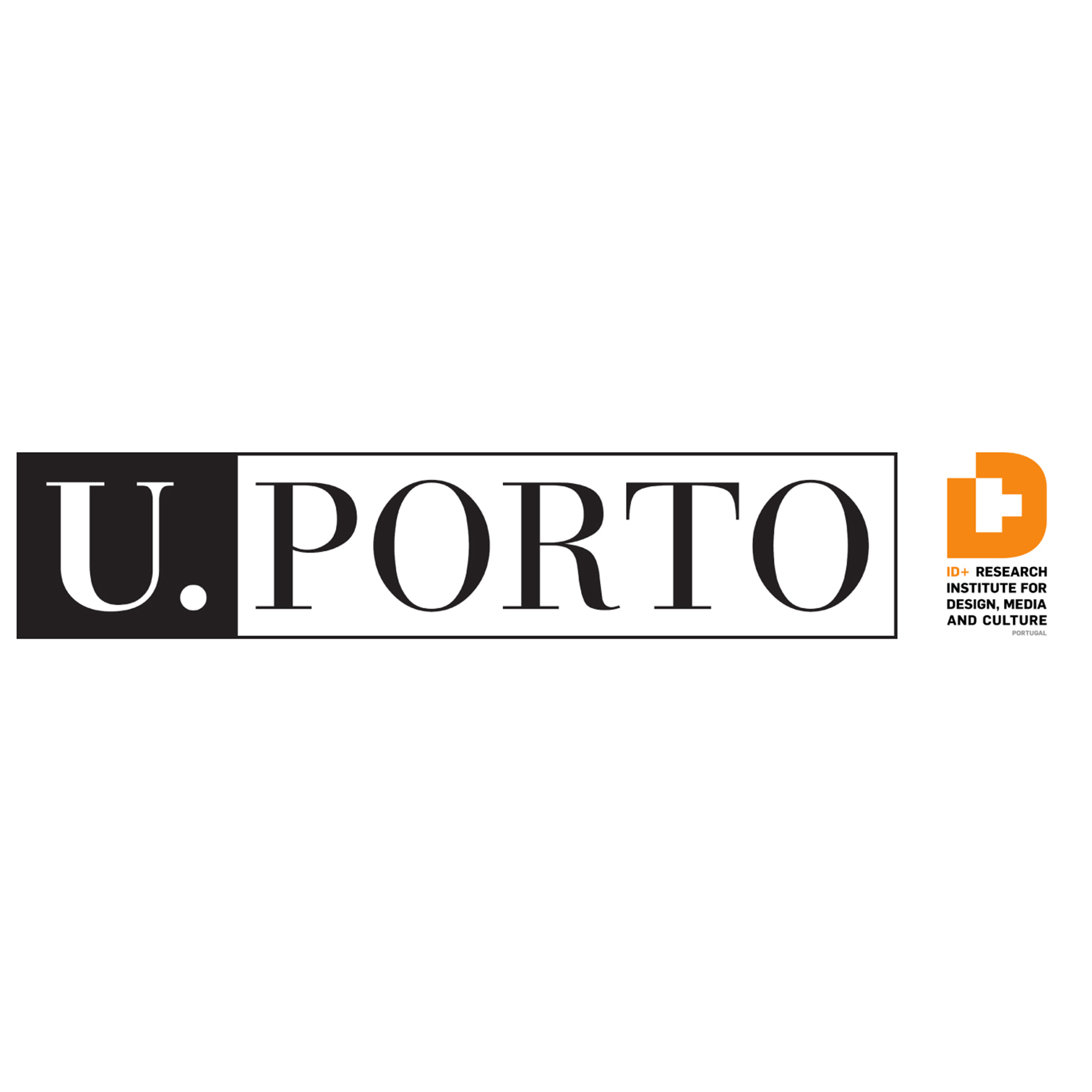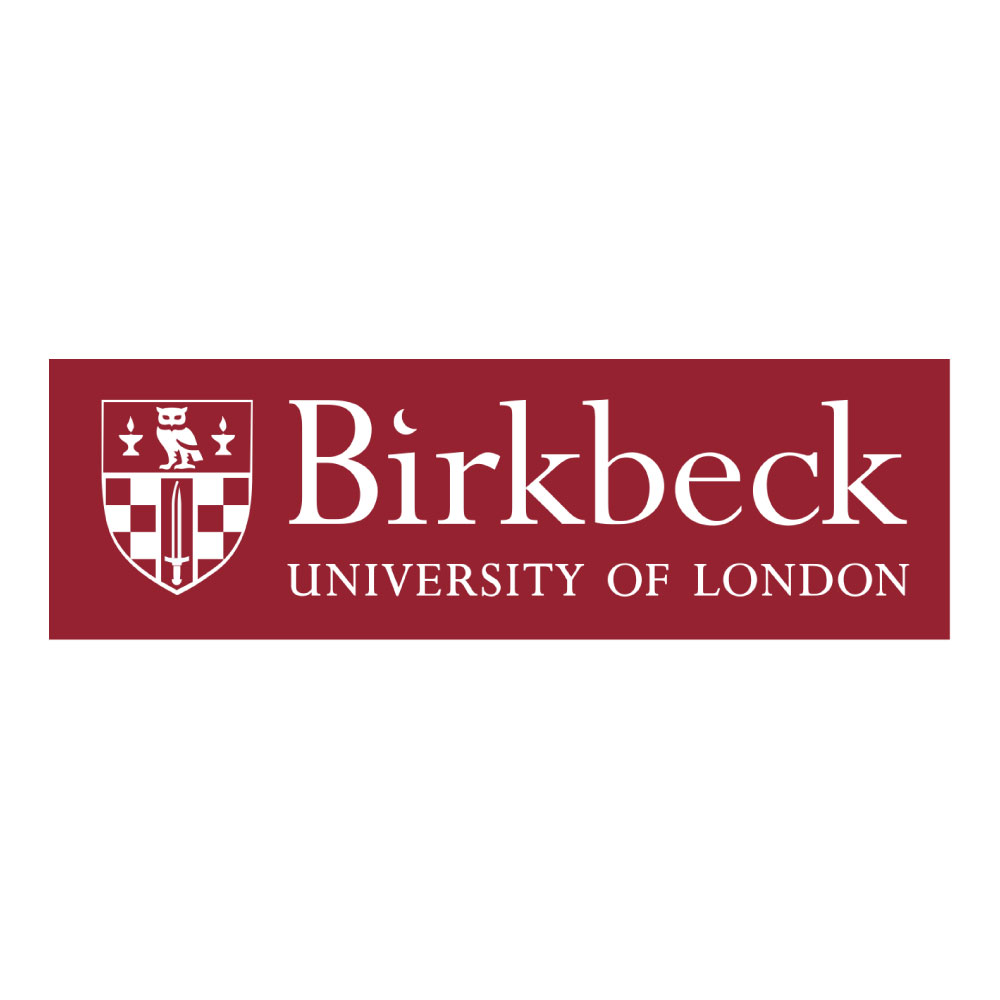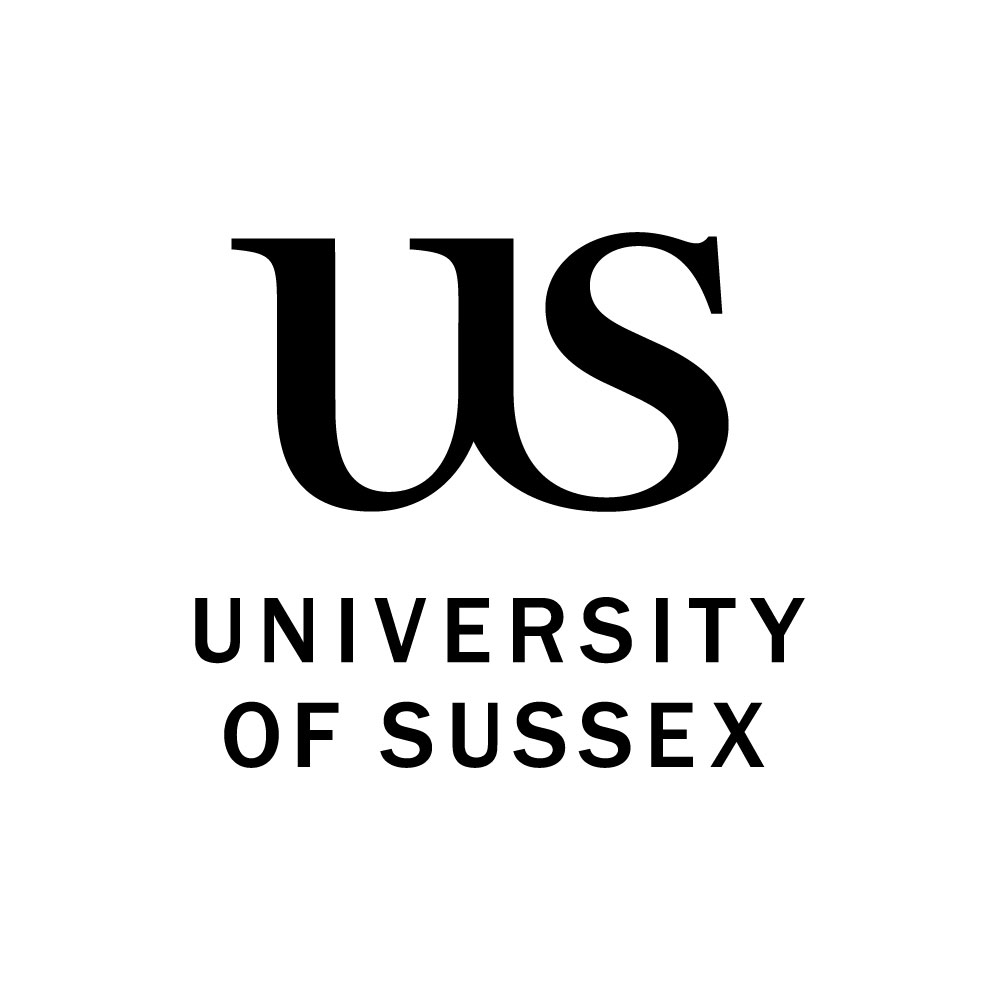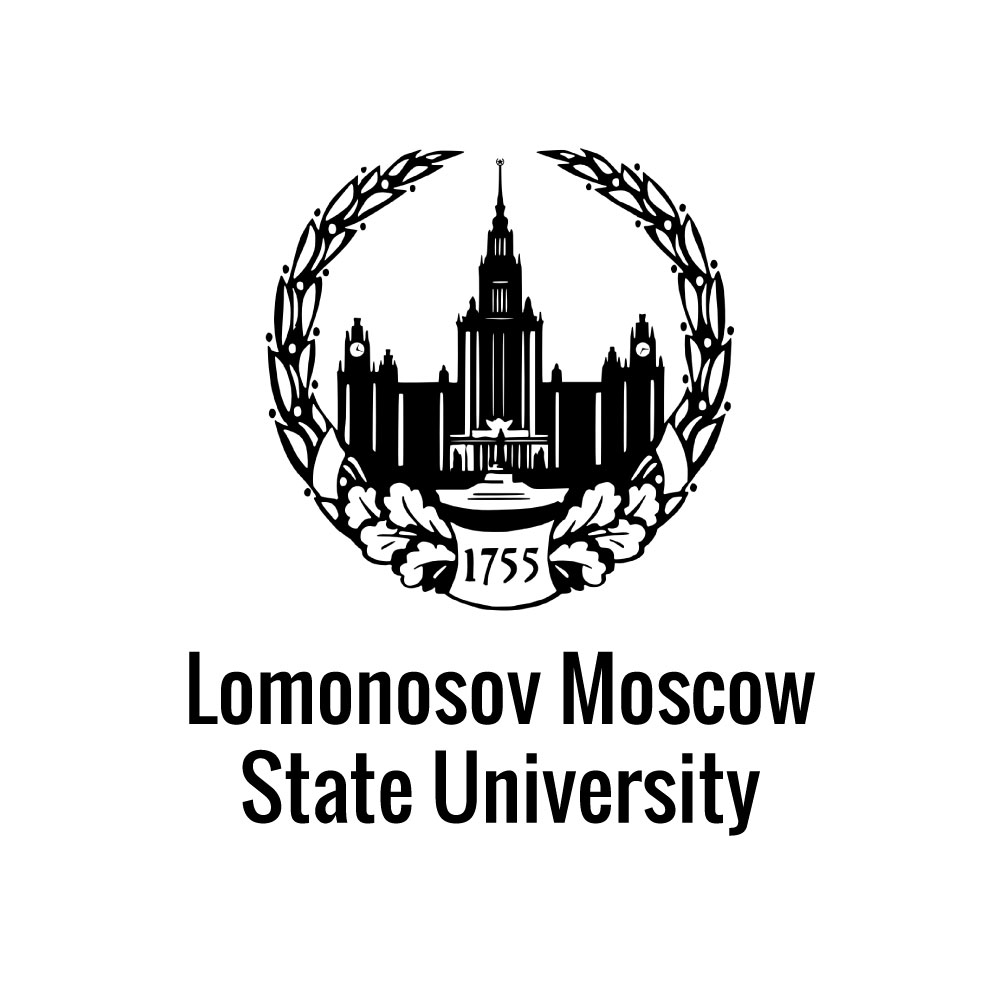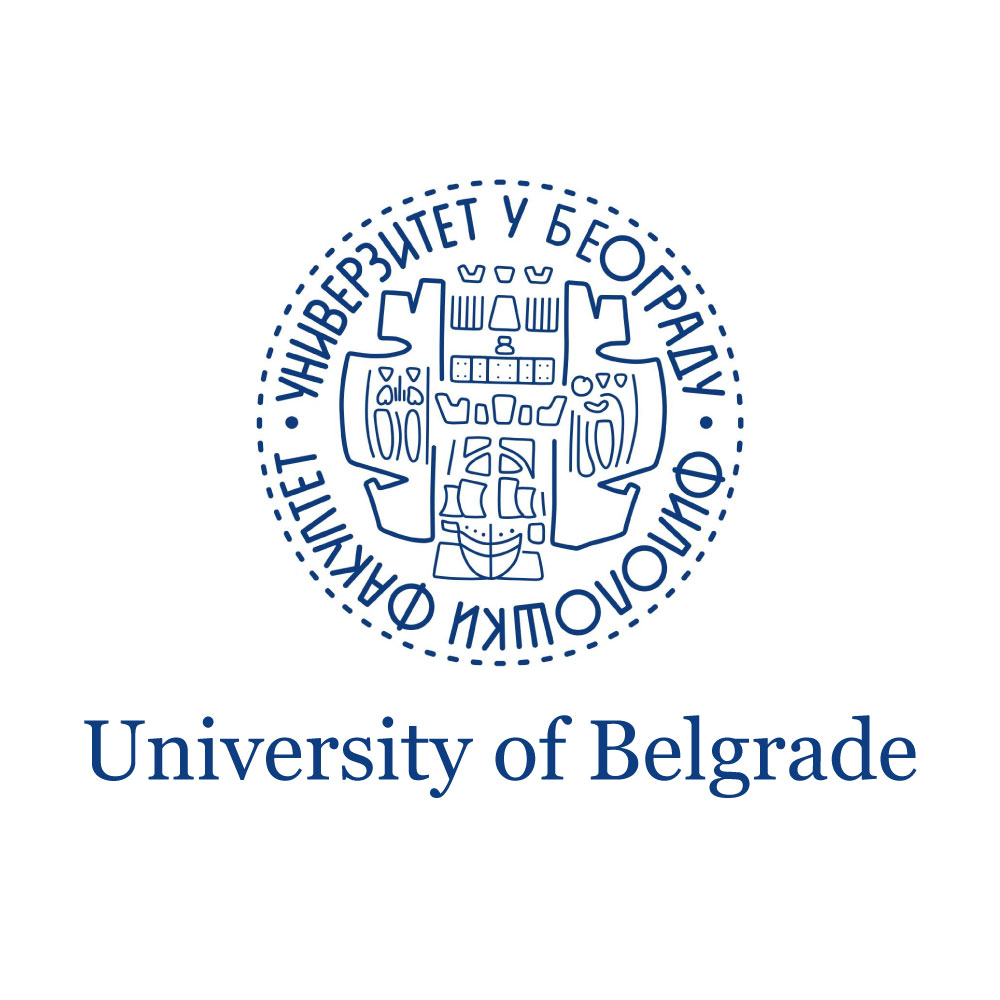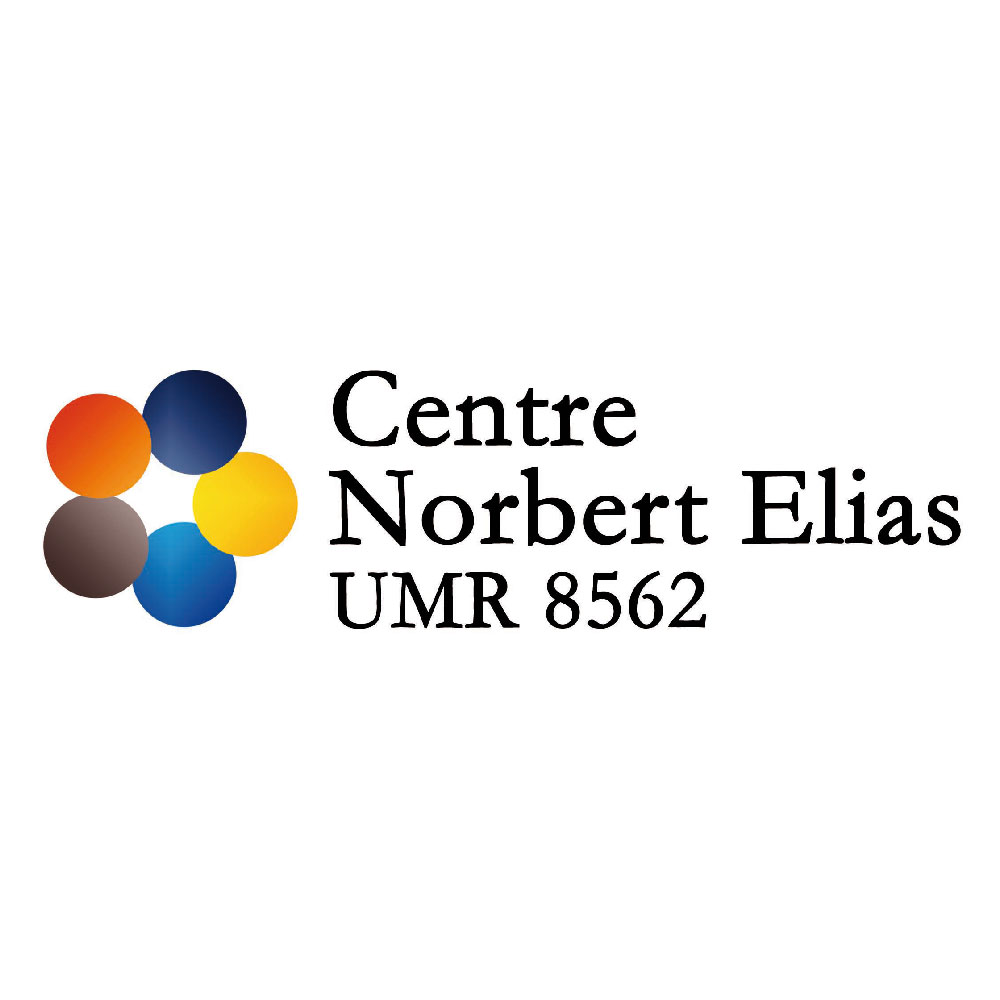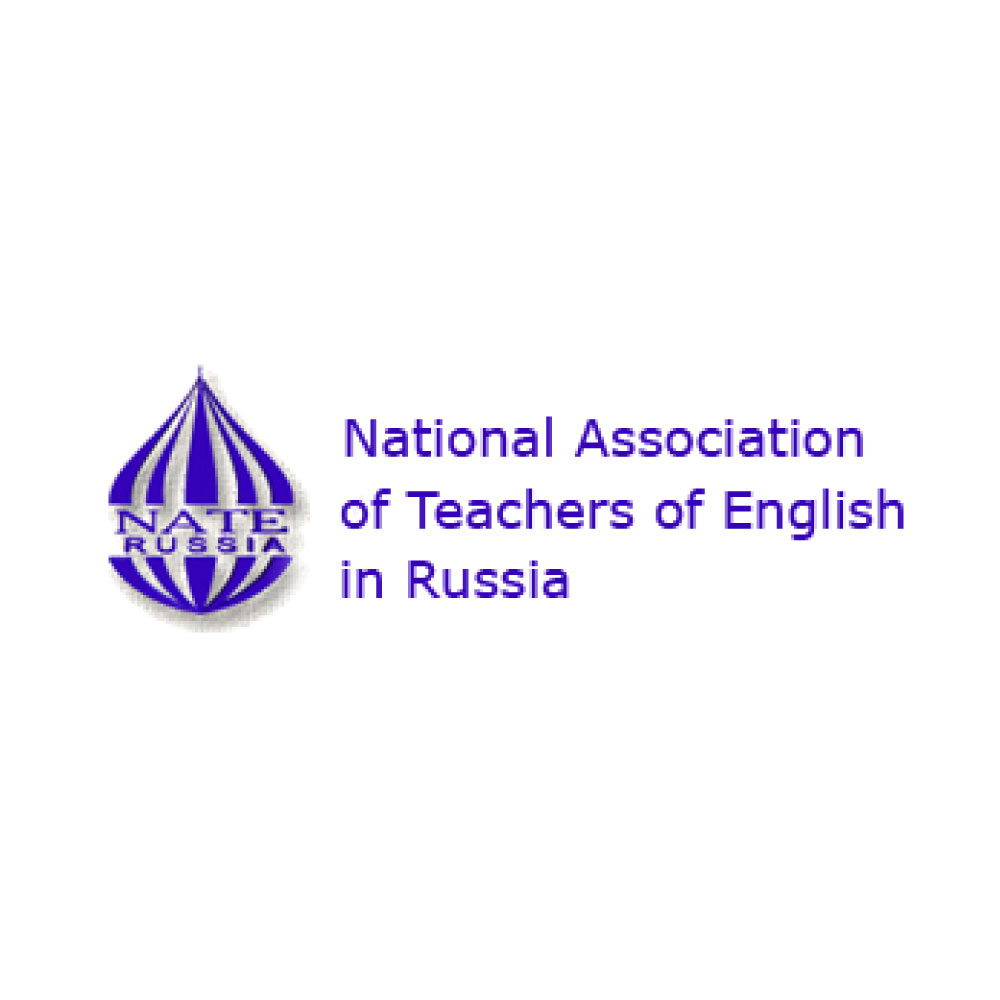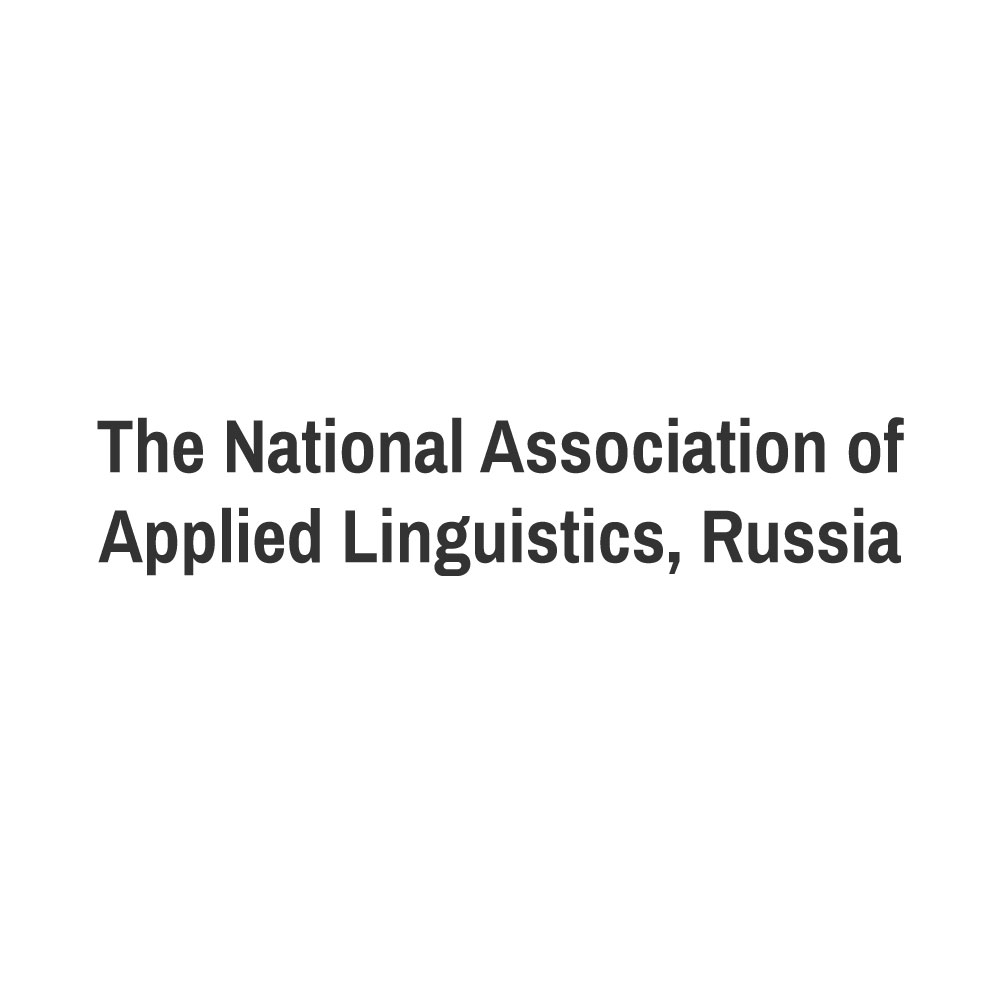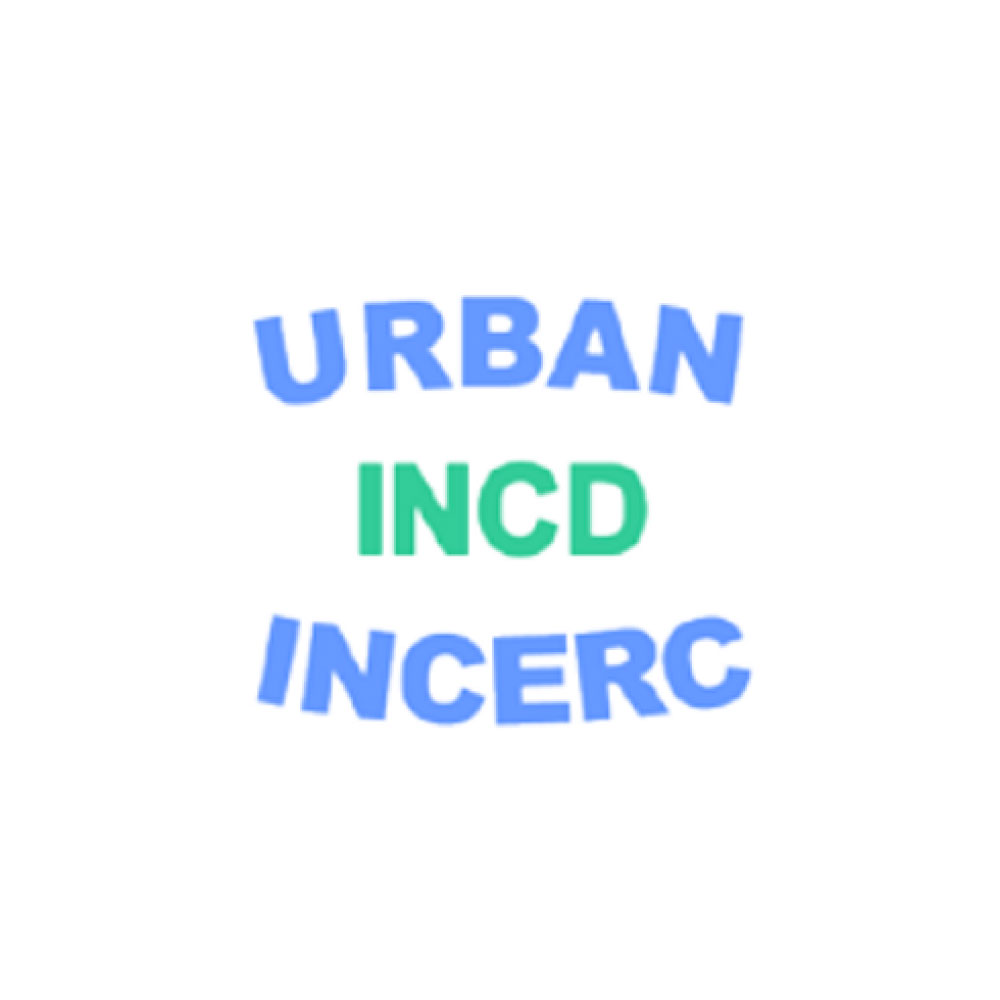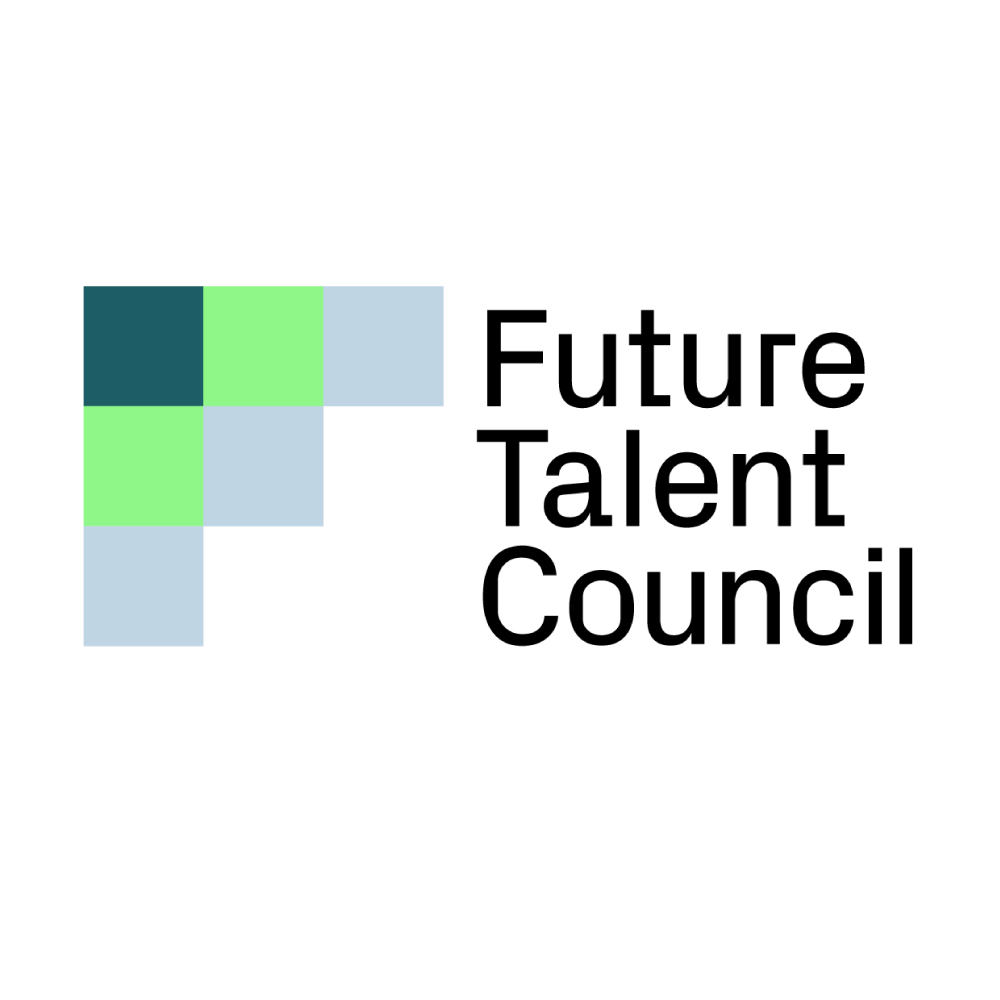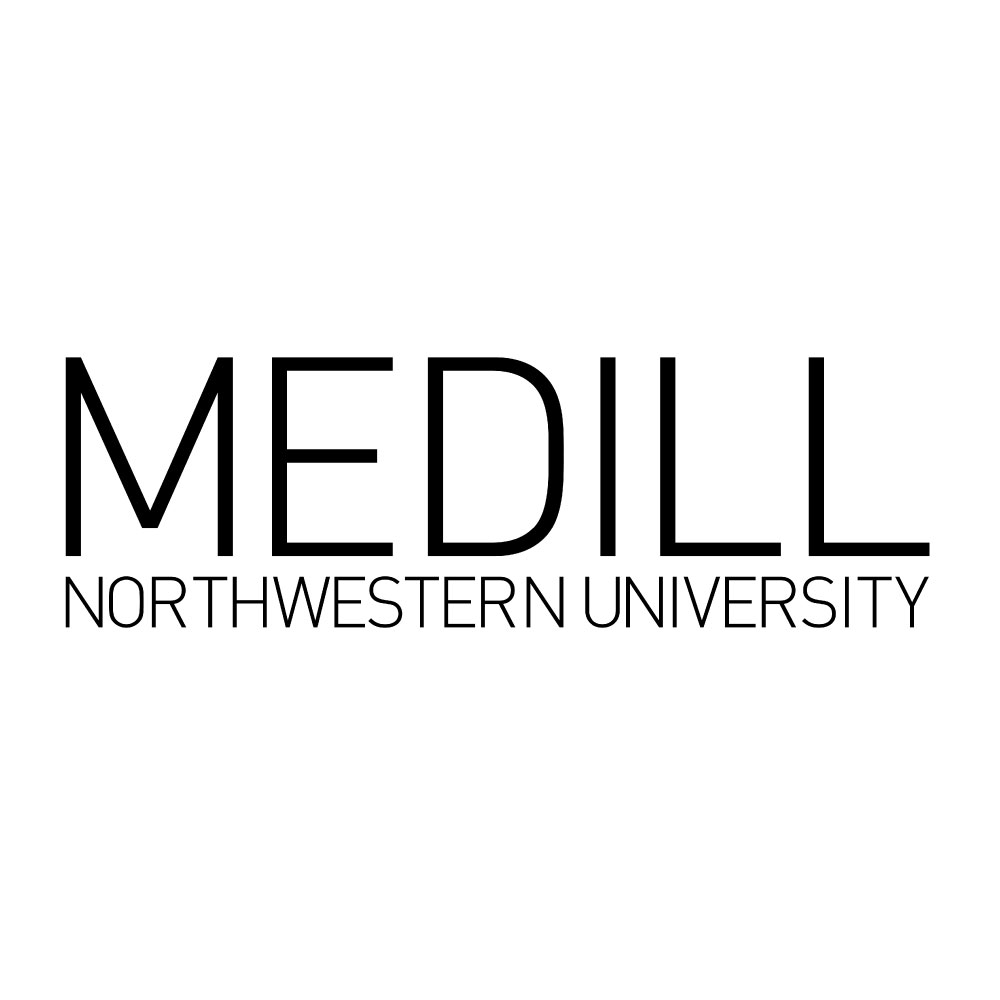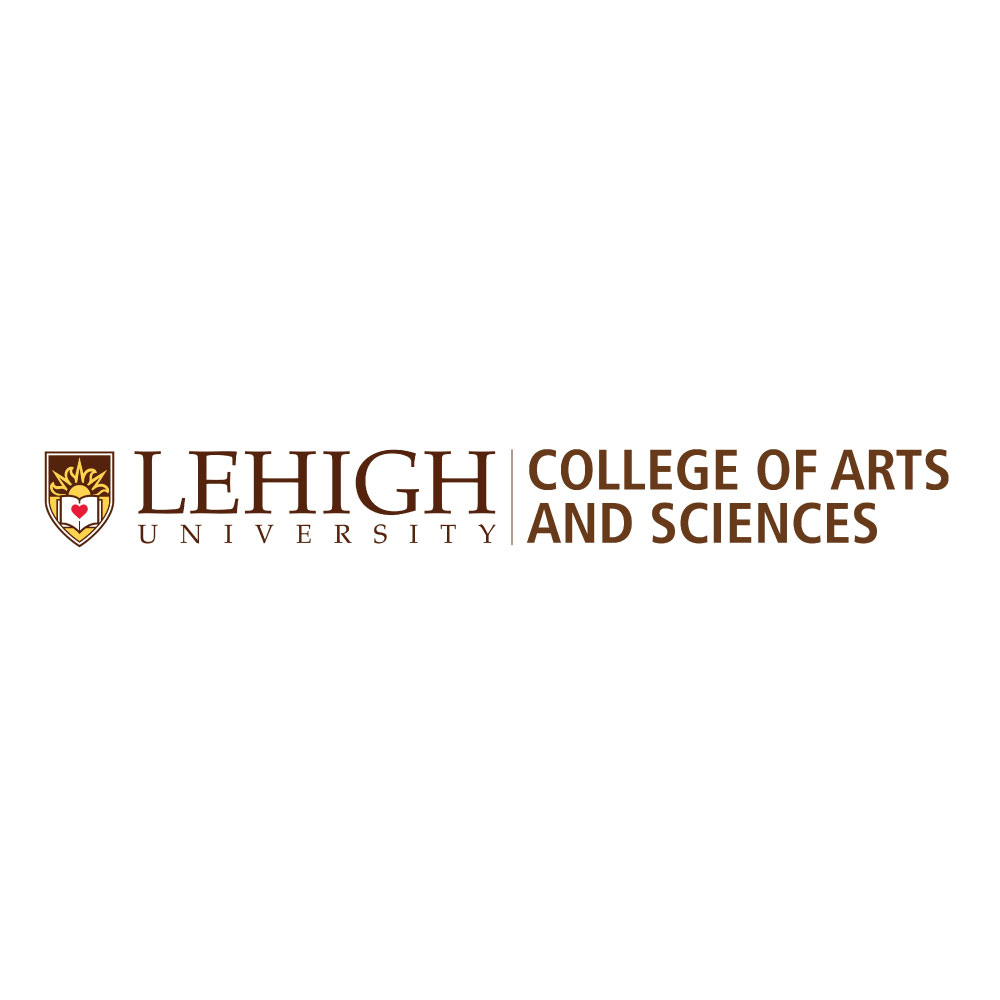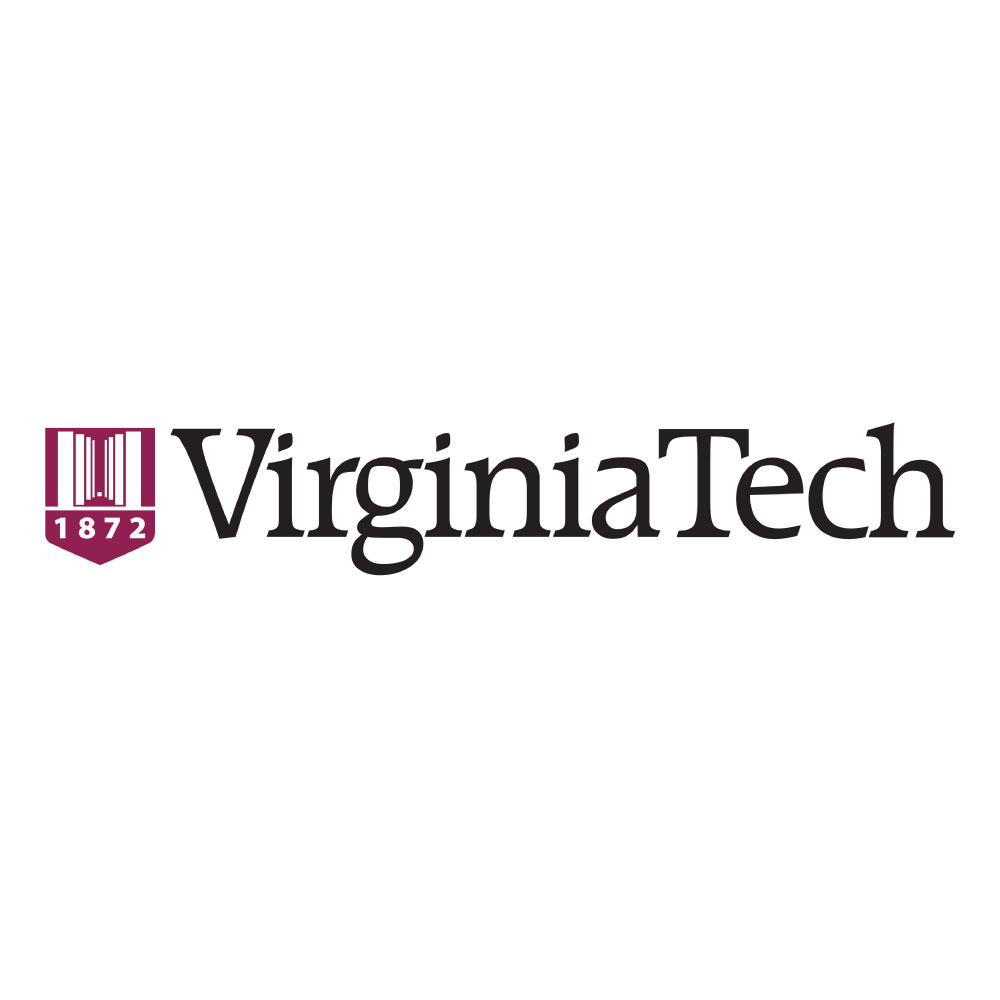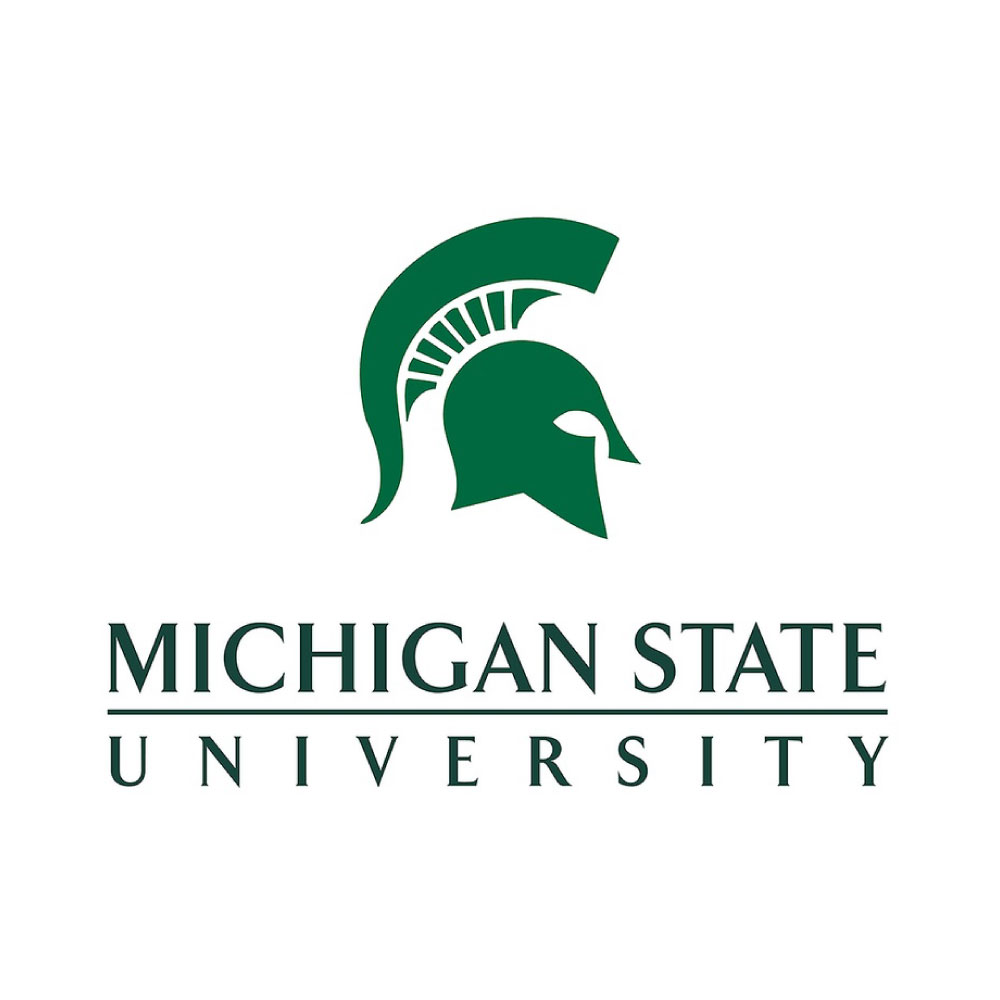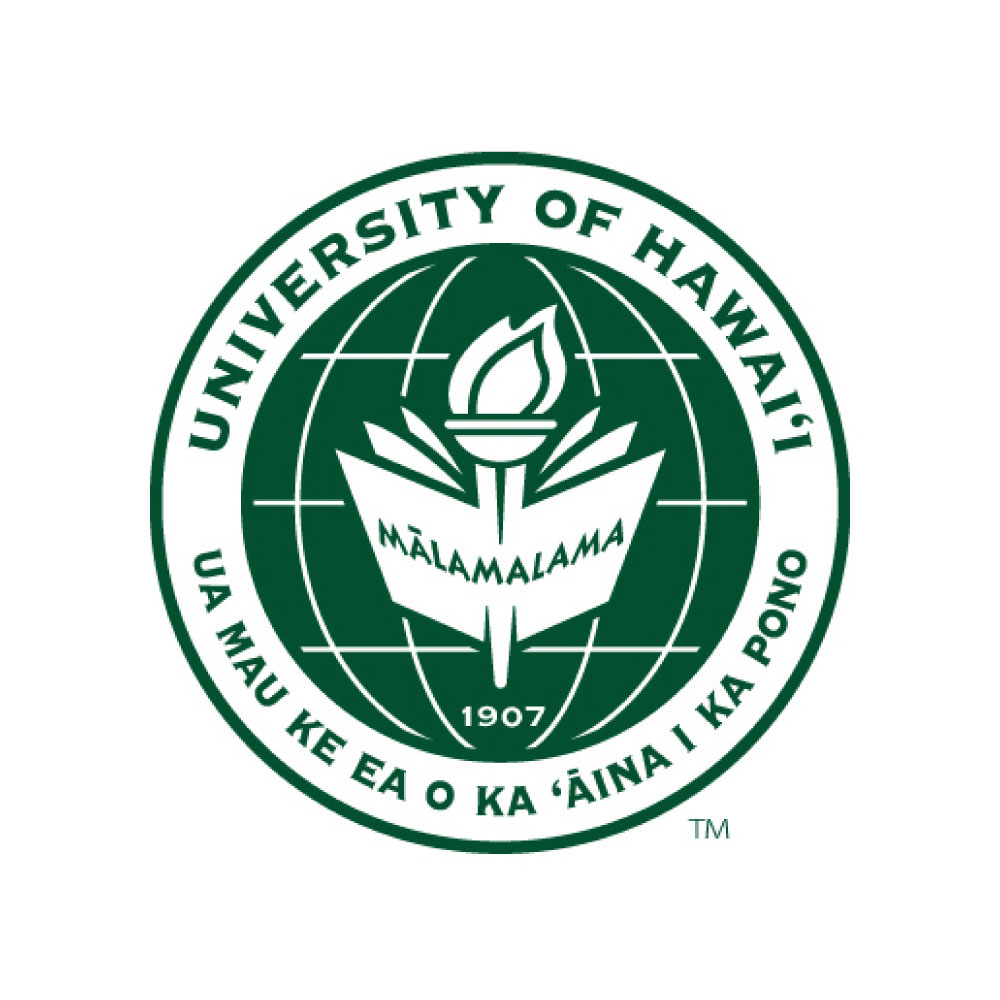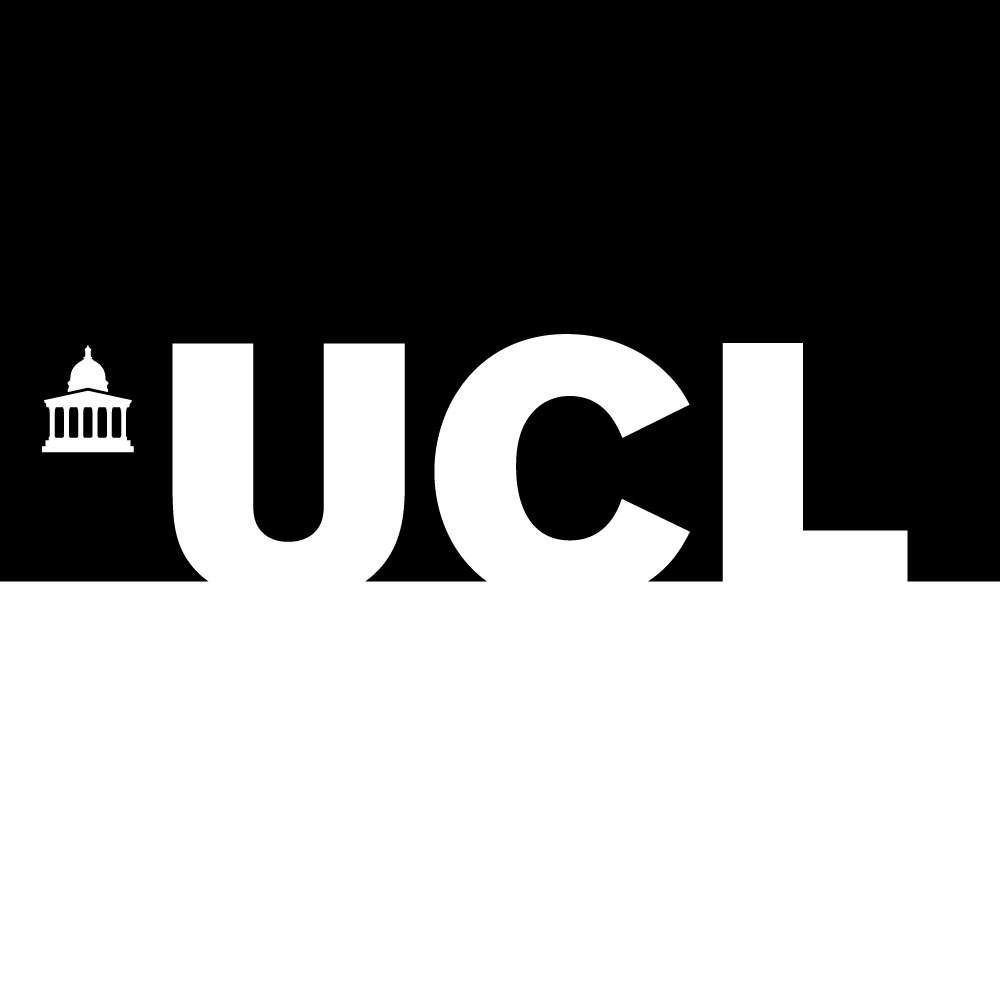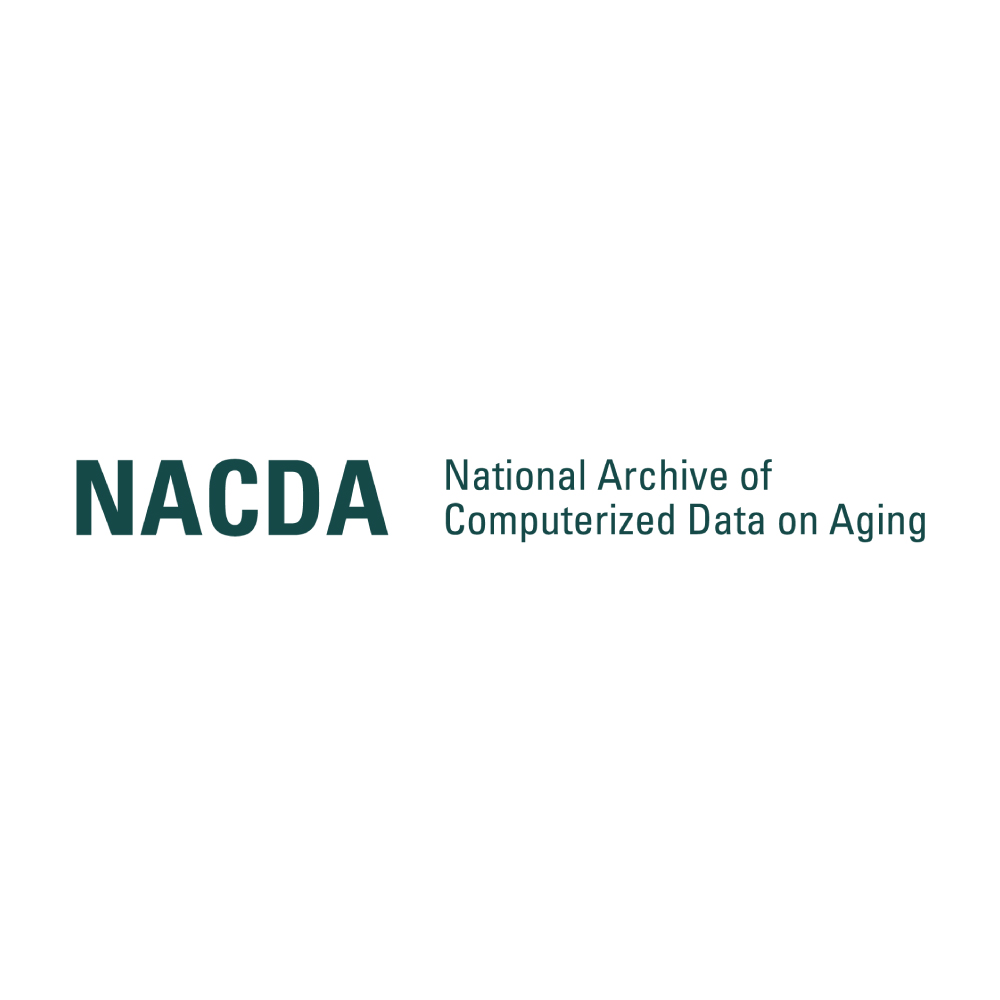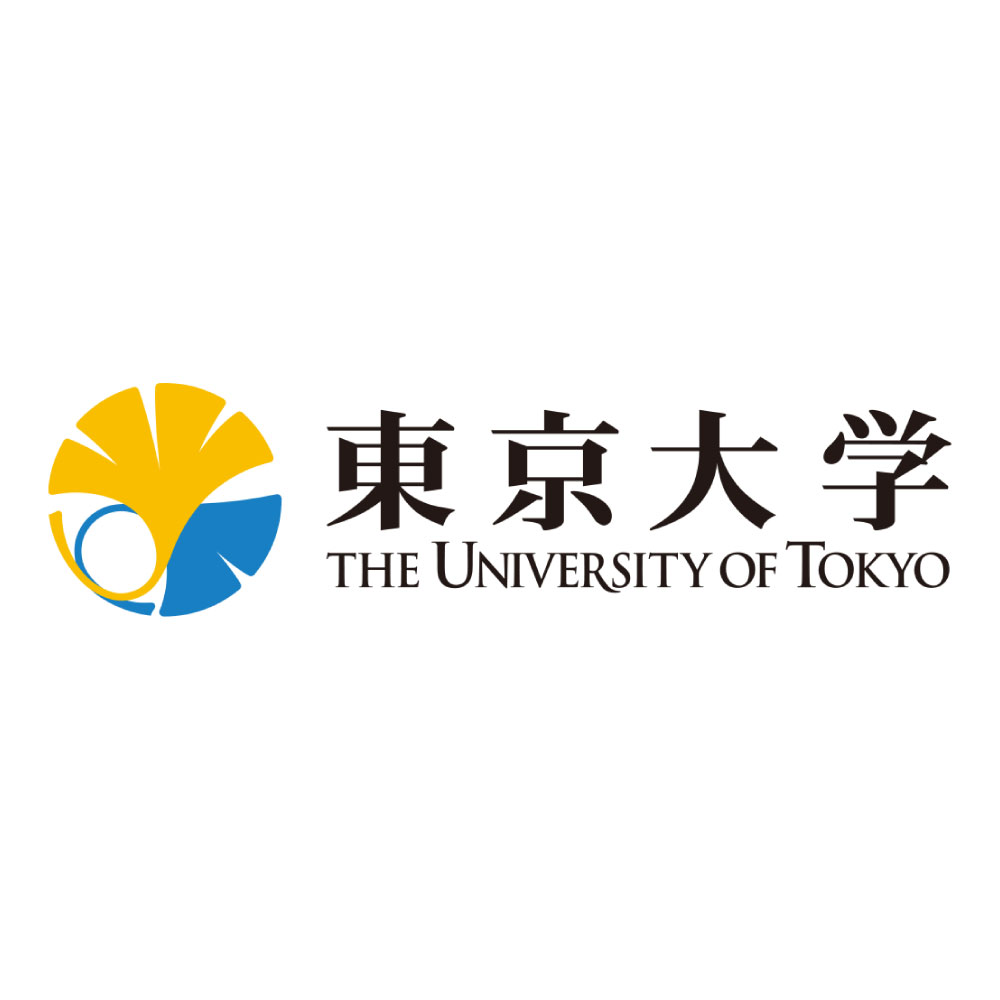IAFOR has entered into a number of strategic partnerships with universities across the world to form the IAFOR Global Partnership Programme. These academic partnerships support and nurture IAFOR’s goals of educational cooperation without borders, connecting the organisation with institutions that have an international and internationalising profile, and a commitment to interdisciplinary research.
The IAFOR Global Partnership Programme provides mutual recognition and scope for Global Partner institutions and organisations to showcase their research strengths, as well as engage in the development of projects and programmes with IAFOR. Each of IAFOR’s institutional partners provides a nominee to the International Academic College (IAC).
Partnering with some of the world’s leading universities and academic associations provides strong recognition for IAFOR and our work, and emphasises our commitment to academic quality and rigour.
IAFOR’s academic partnerships may be at the institutional, event or project level, and are either institution-wide or with a particular school or faculty.
Institutional Partners
Asia
-
APISA
-
University of Utah, South Korea
-
Kobe University, Japan
-
Waseda University, Japan
-
The University of Hong Kong (School of Humanities), Hong Kong
-
University of Indonesia, Indonesia
-
Sunway University, Malaysia
-
Tarumanagara University, Indonesia
-
Singapore Management University (SMU), Singapore
-
Zhengzhou University, China
-
Research Consortium for the Sustainable Promotion of International Education (RECSIE), Japan
-
National University of Tainan, Taiwan
Australasia
-
Charles Darwin University, Australia
-
The Cultural Studies Association of Australasia (CSAA), Australia
Europe
-
Times Higher Education
-
European Center for Peace and Development
-
WorldCALL
-
University of Porto, Portugal
-
Birkbeck, University of London, UK
-
University of Sussex, UK
-
Lomonosov Moscow State University, Russia
-
University of Belgrade, Serbia
-
Centre Norbert Elias, France
-
The National Association of Teachers of English, Russia
-
The National Association of Applied Linguistics, Russia
-
URBAN-INCERC, Romania
-
Future Talent Council
Americas
-
Northwestern University, United States
-
Lehigh University, United States
-
Virginia Tech, United States
-
Michigan State University, United States
-
University of Hawai’i at Mānoa, United States

